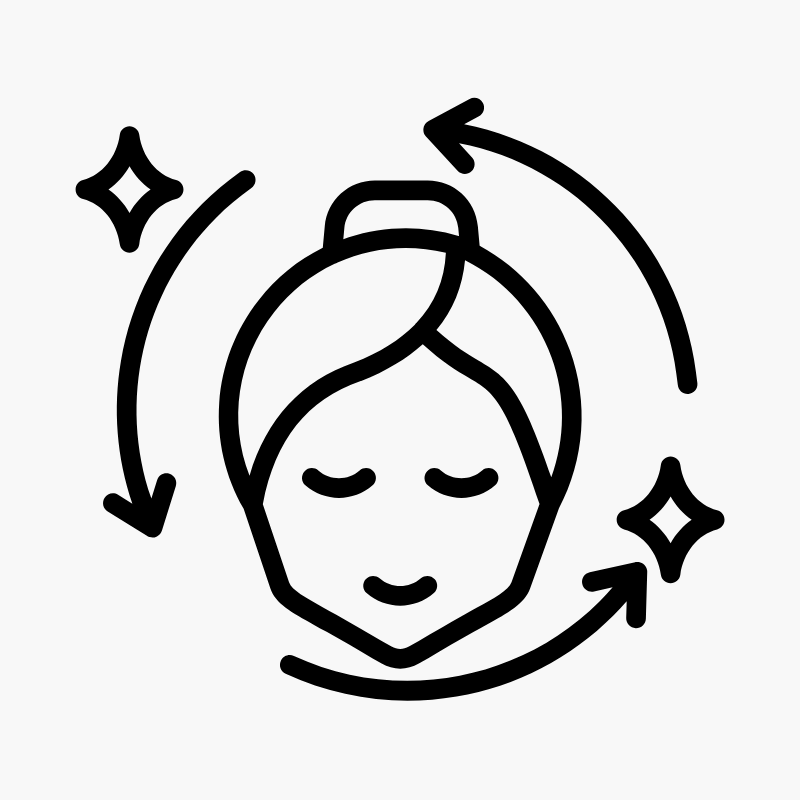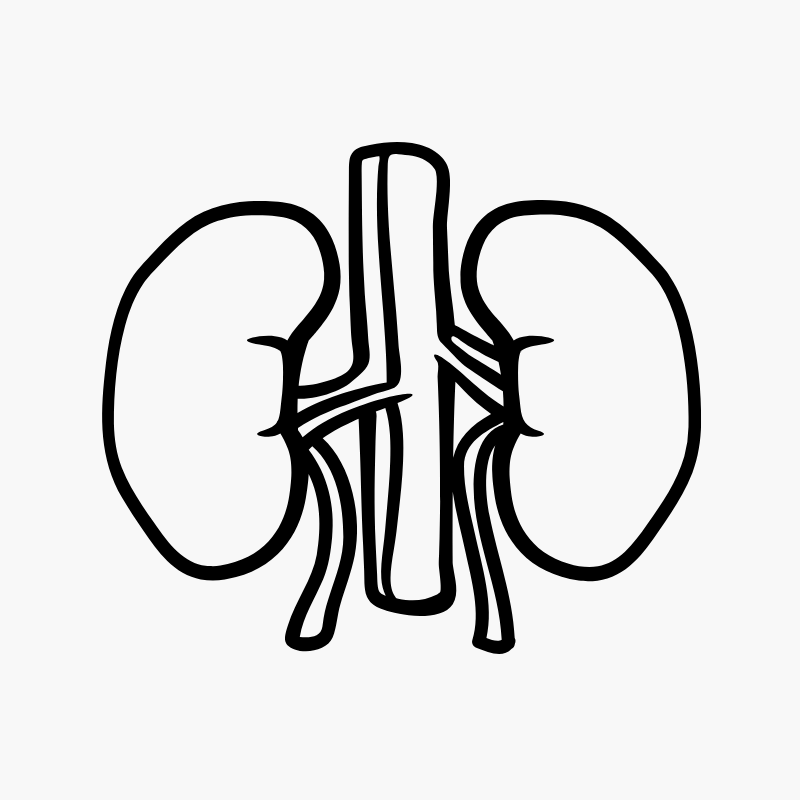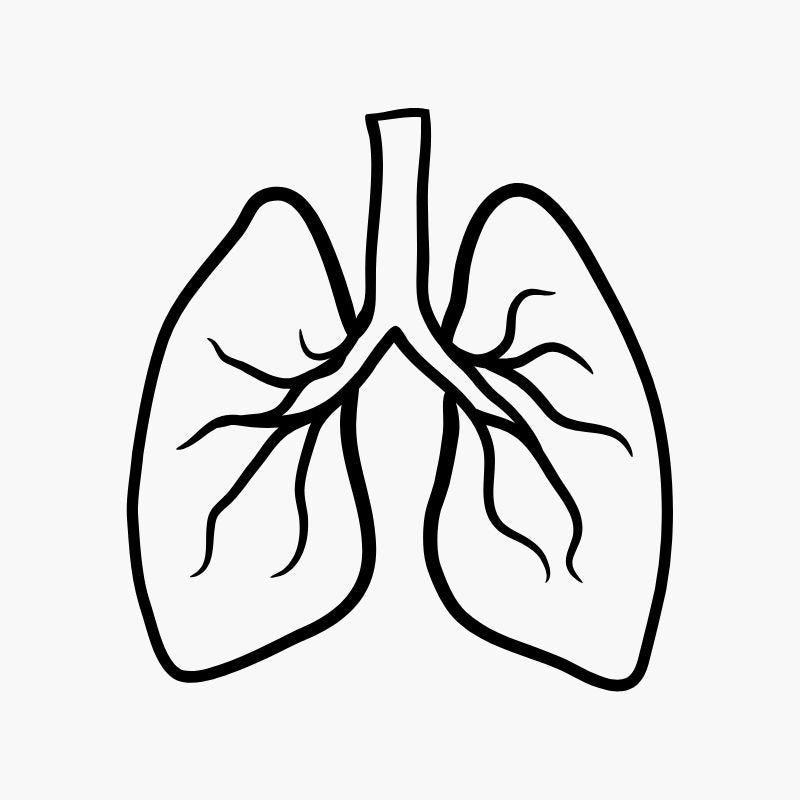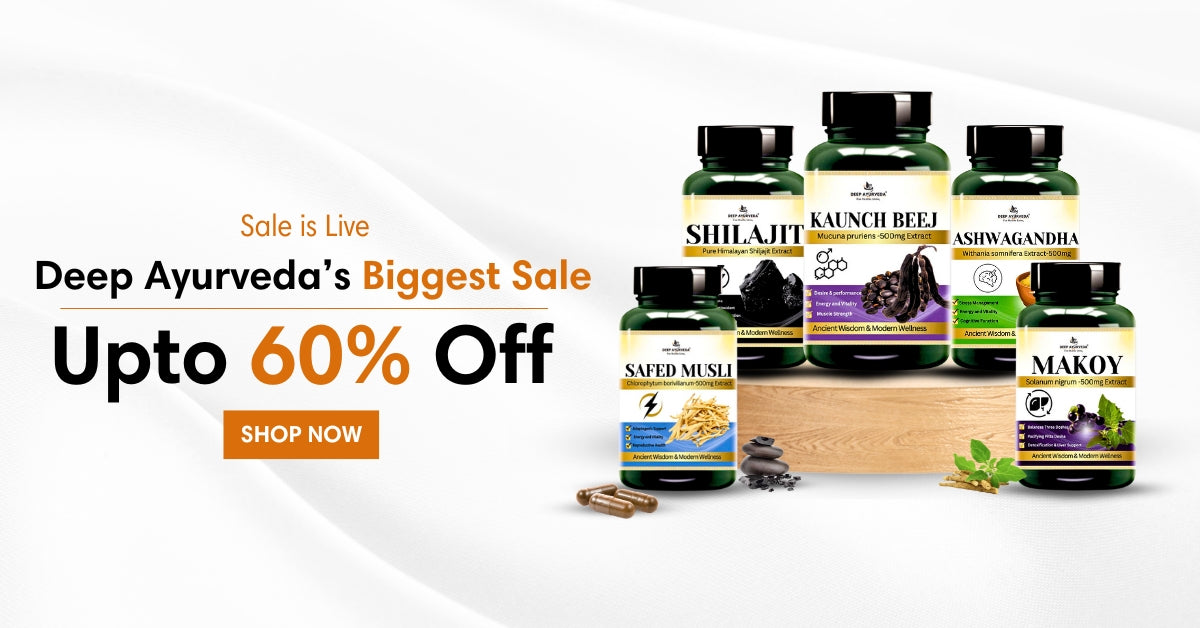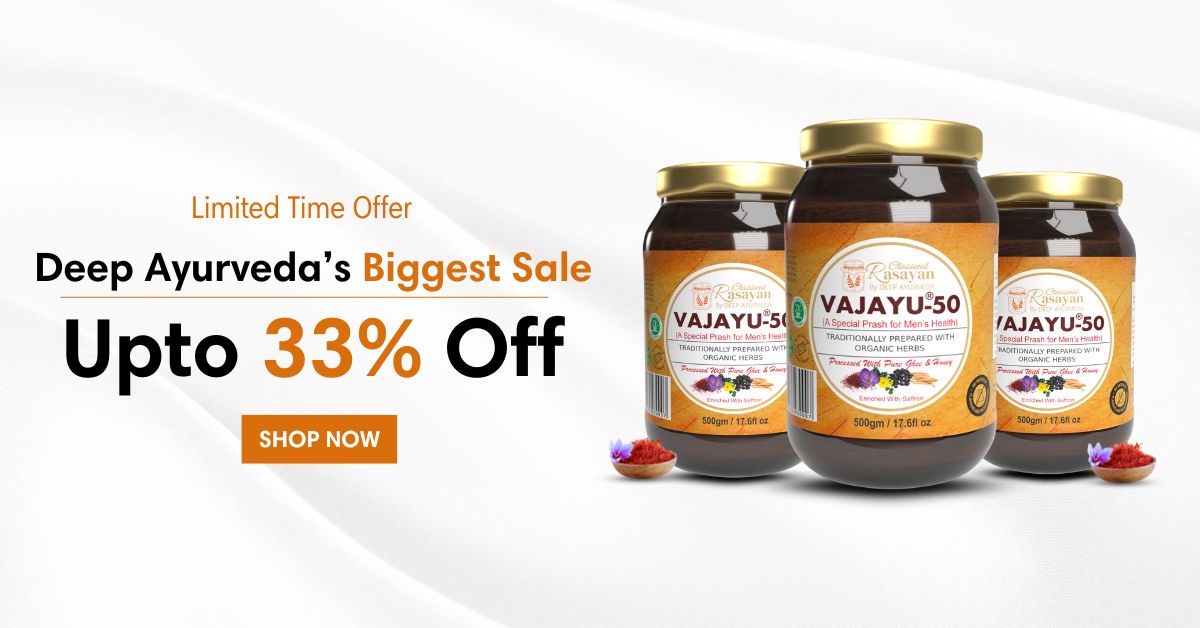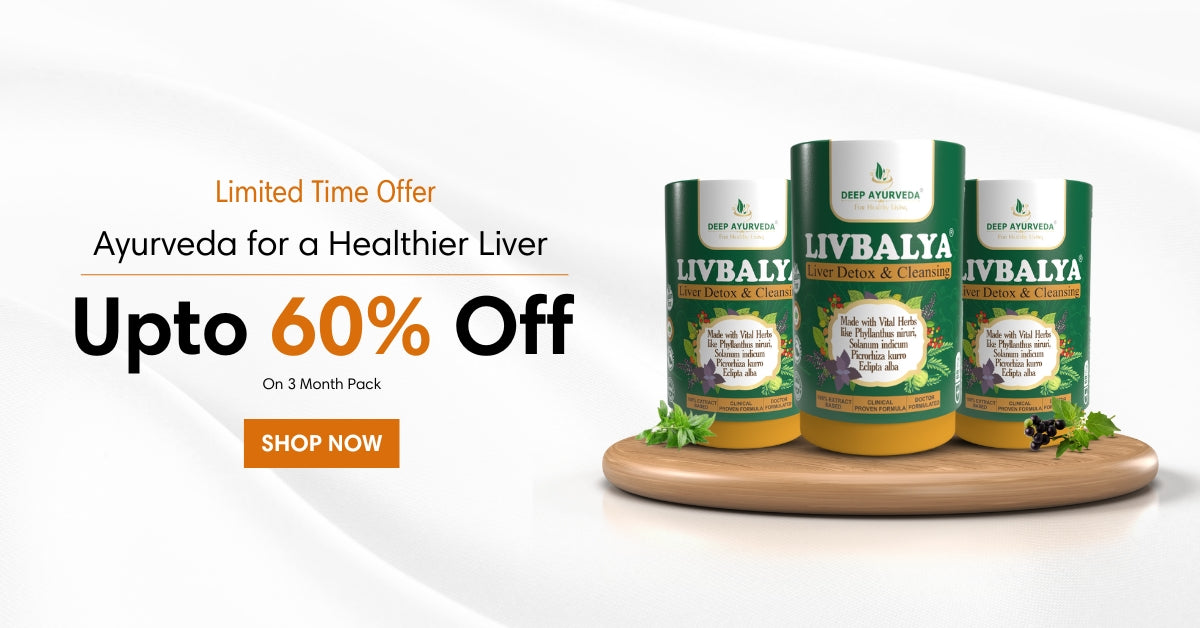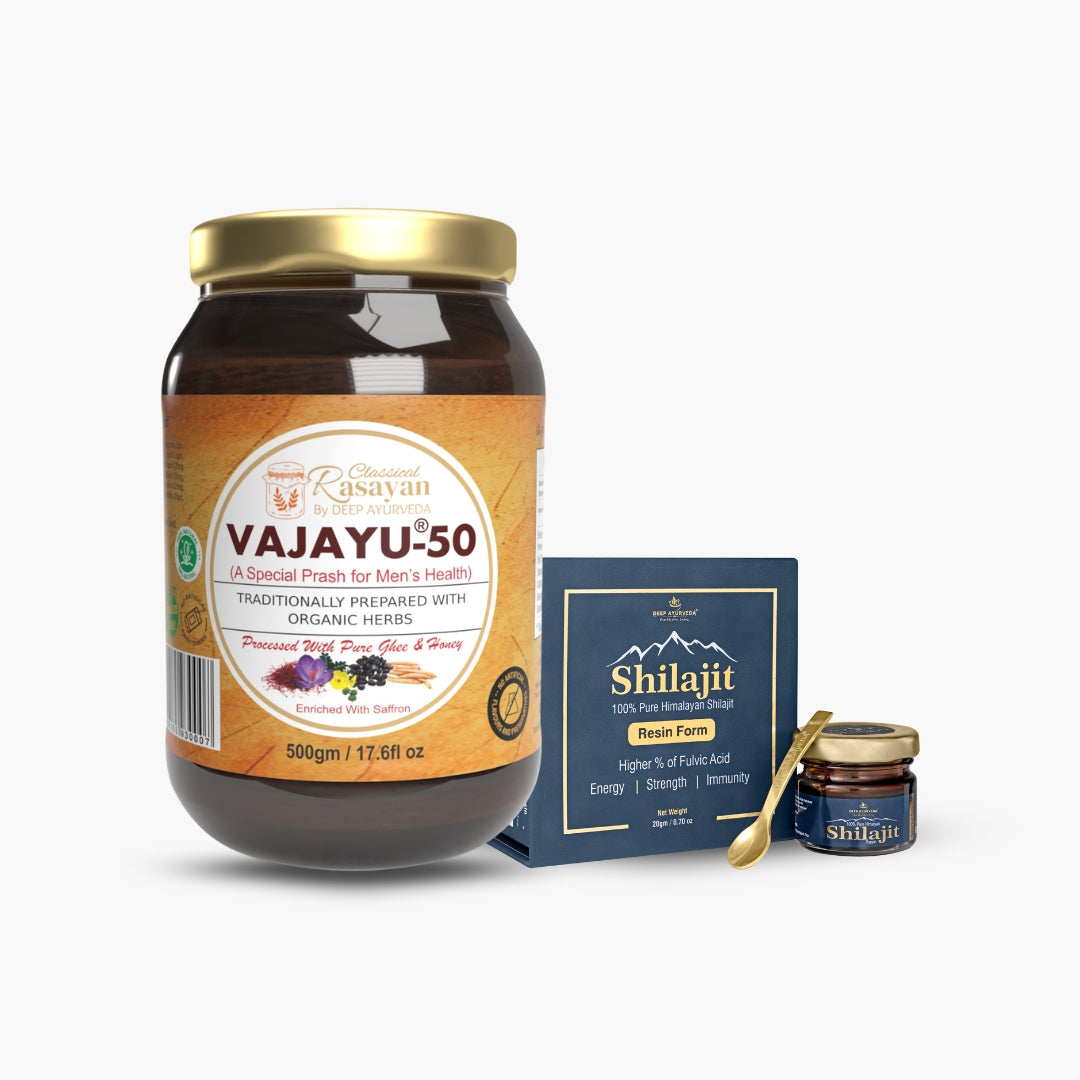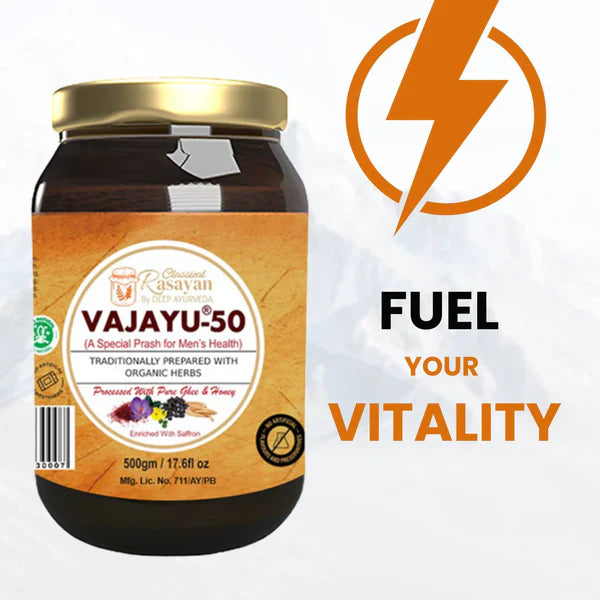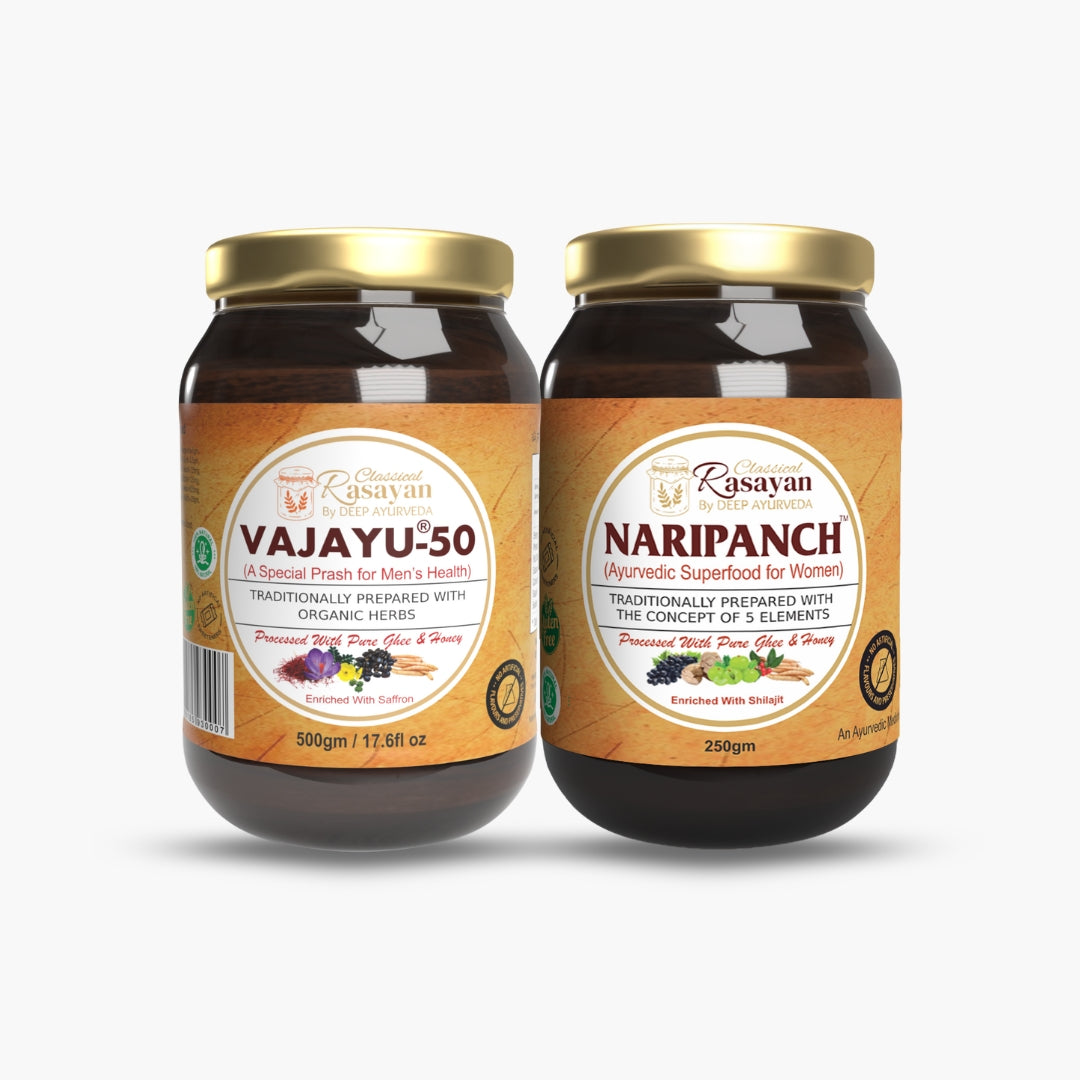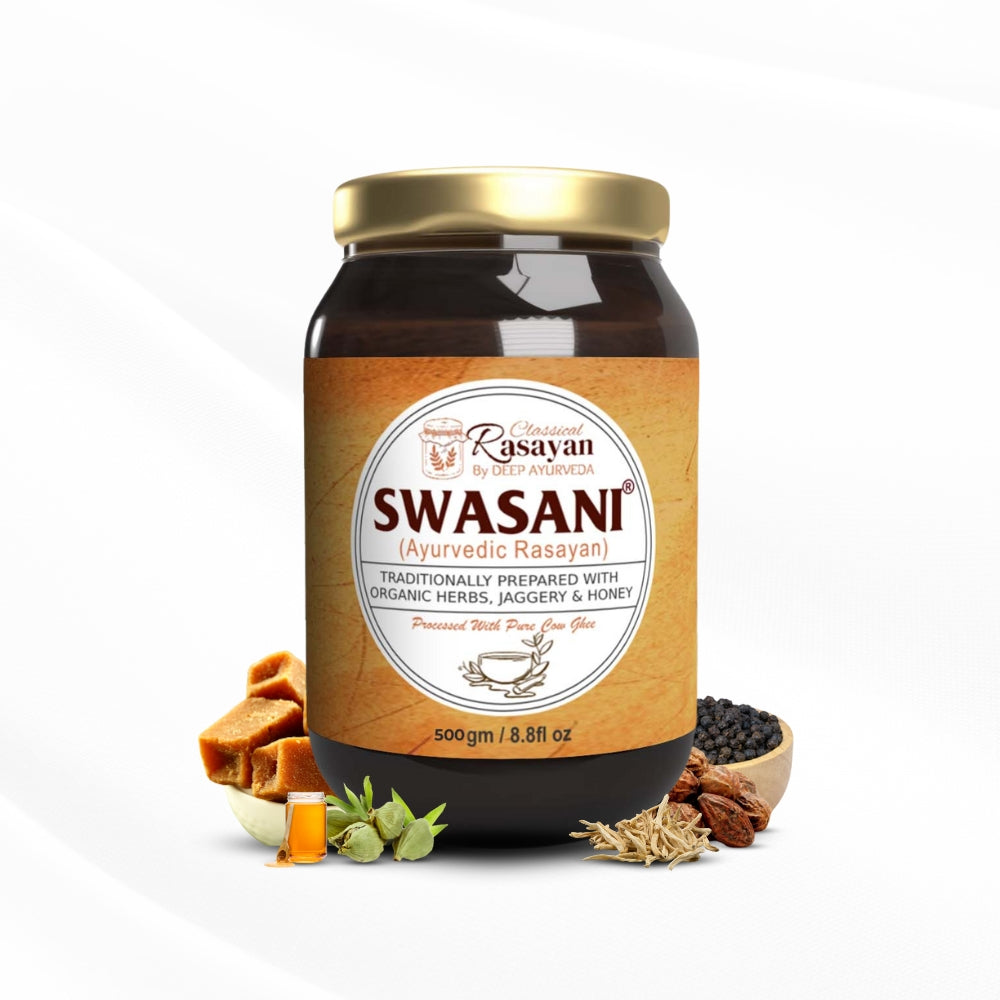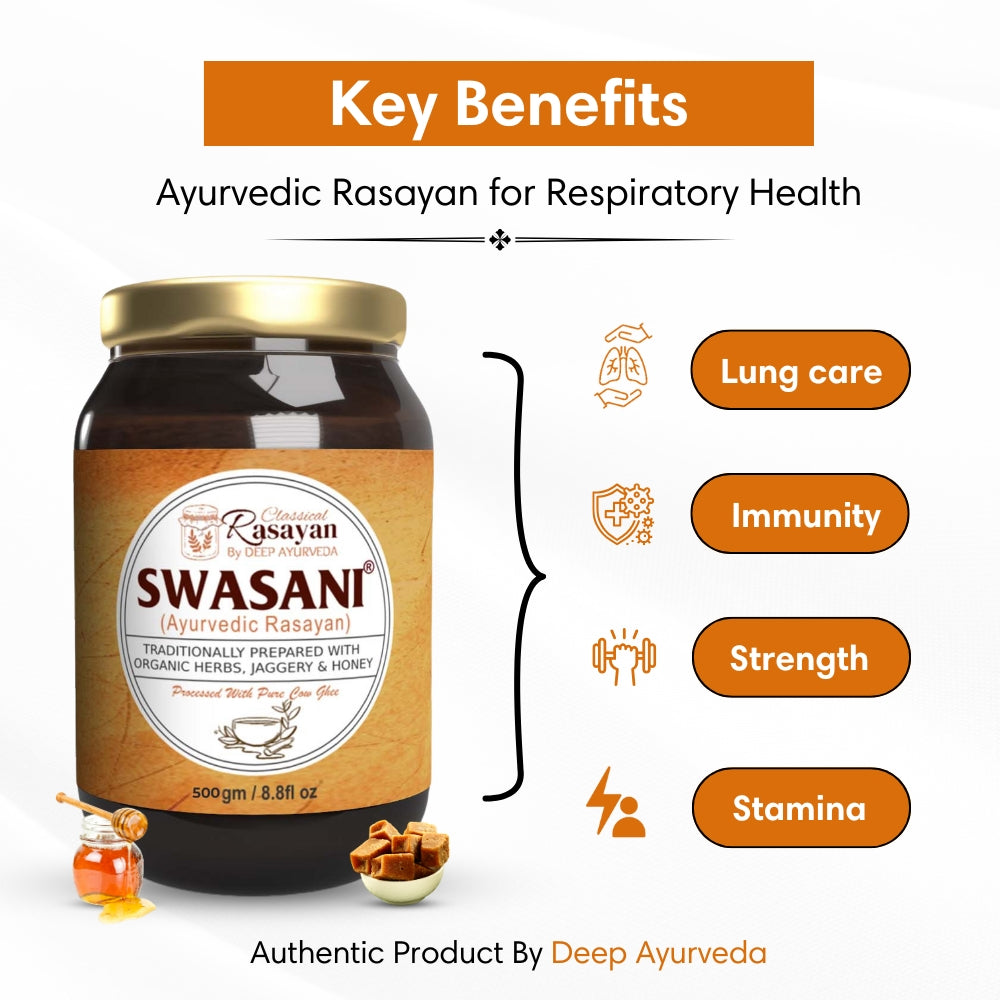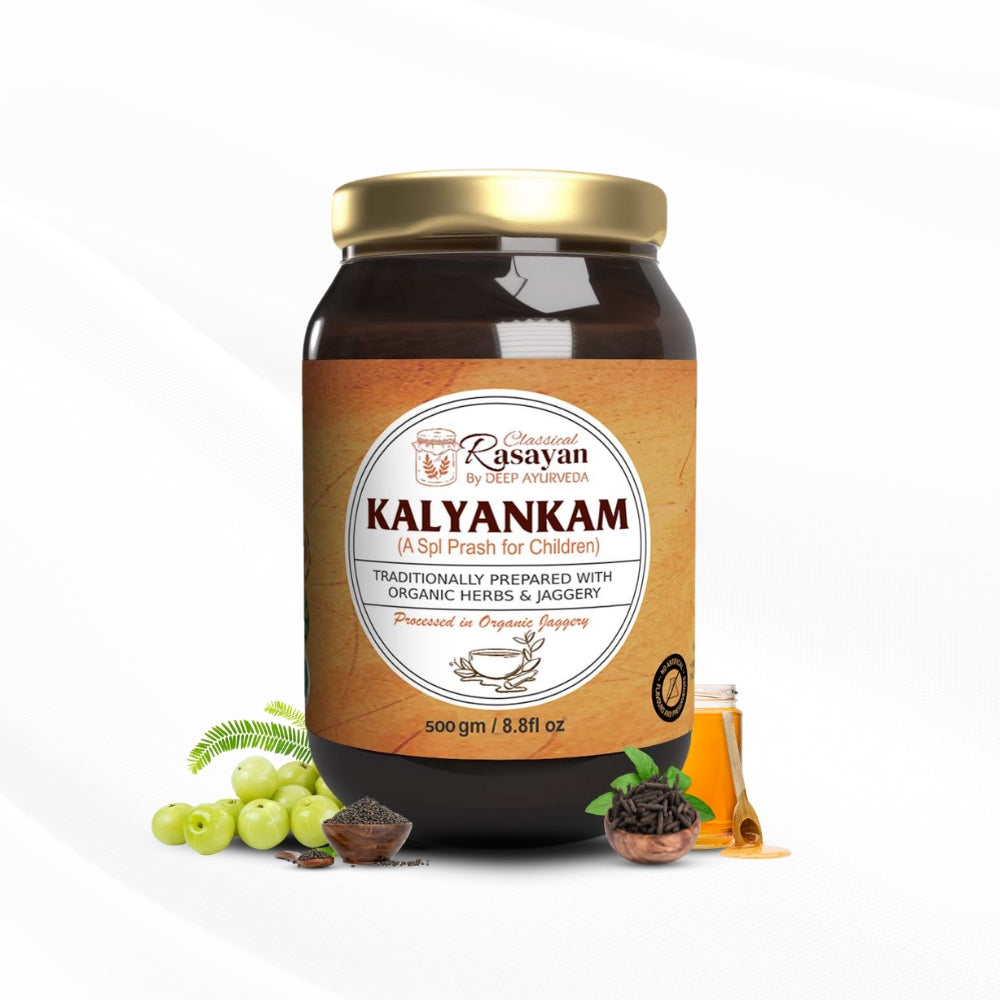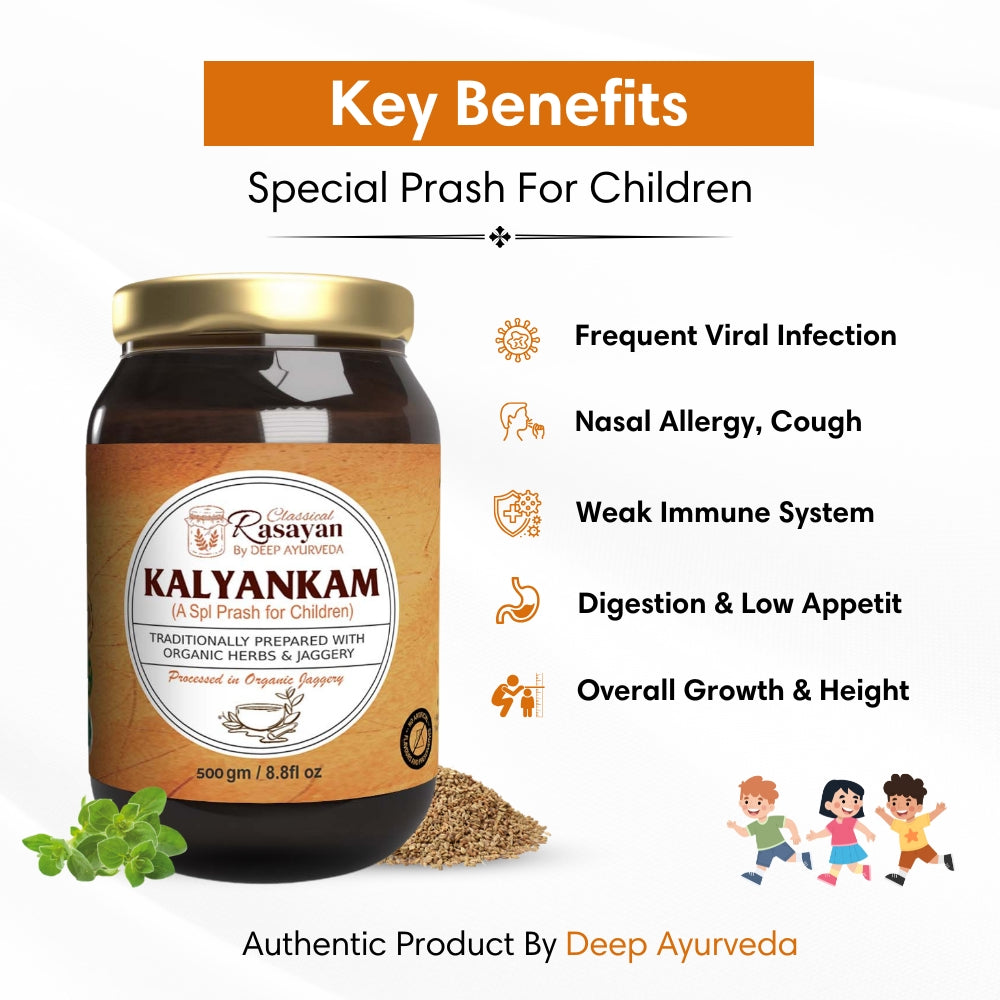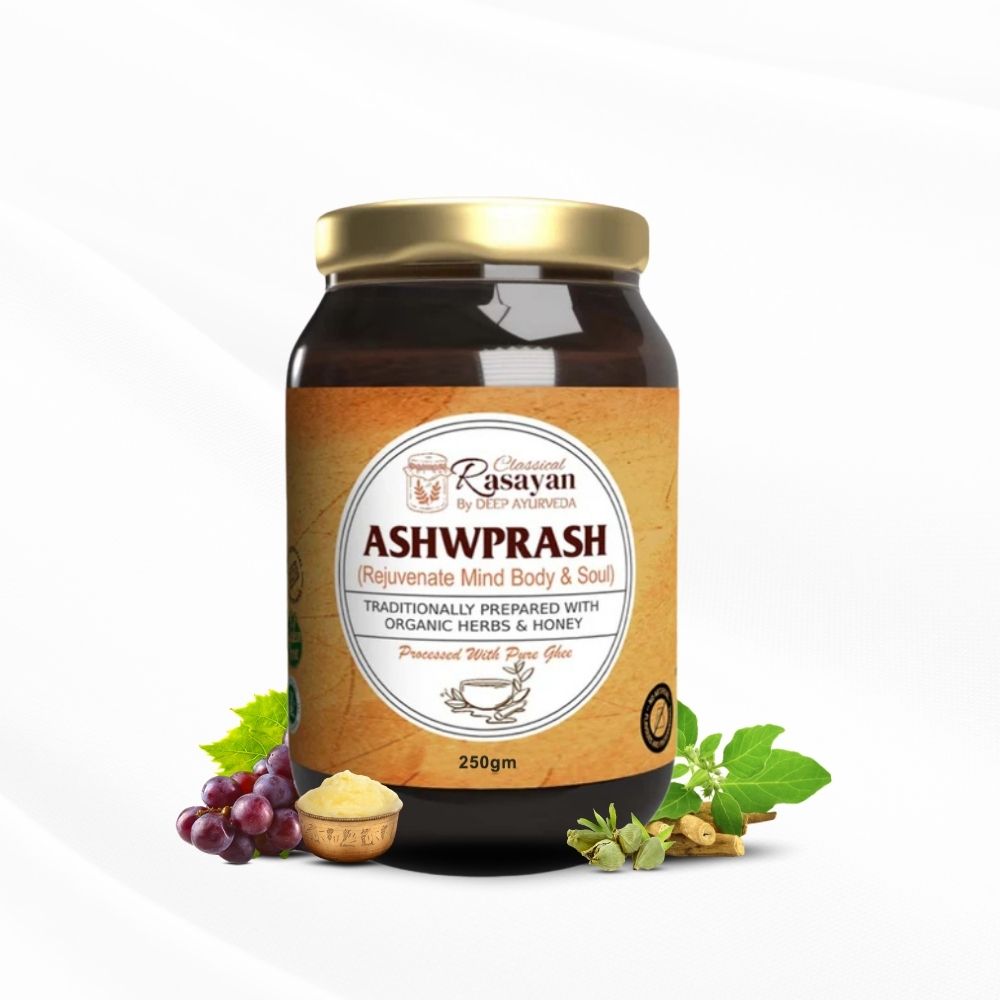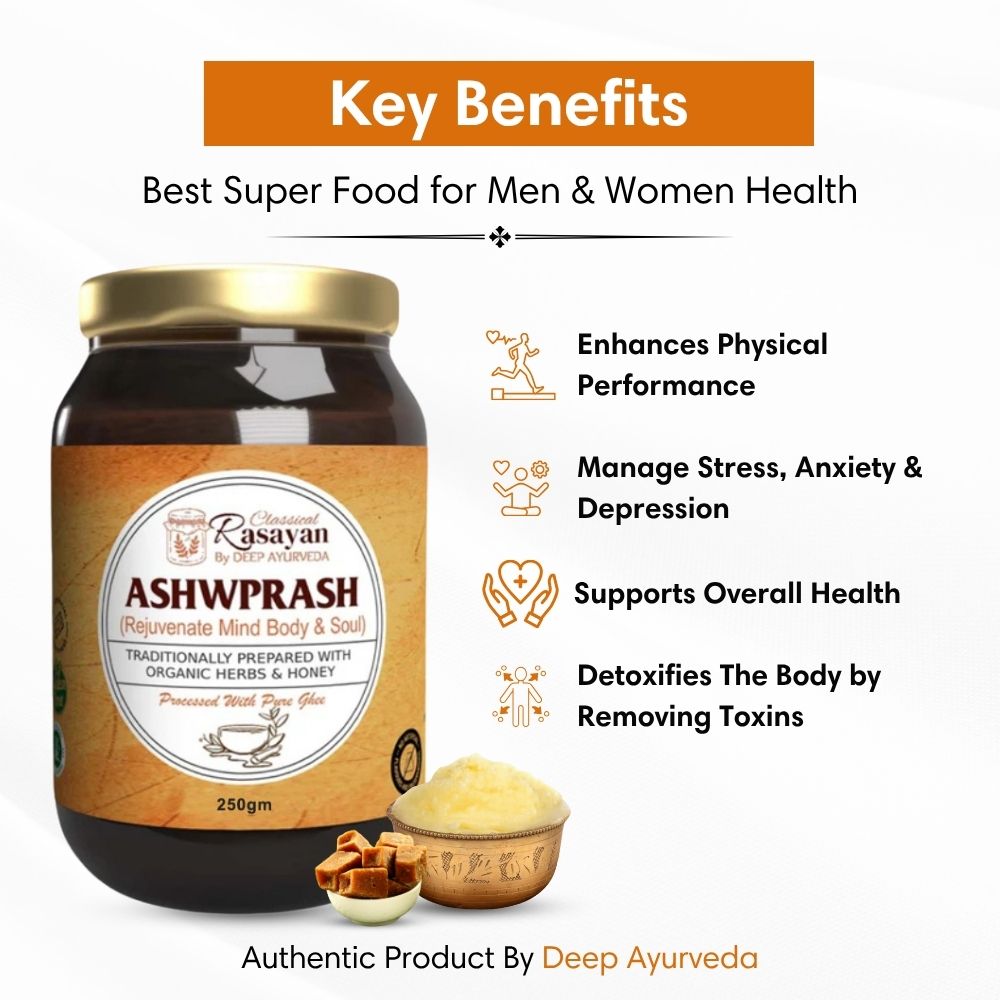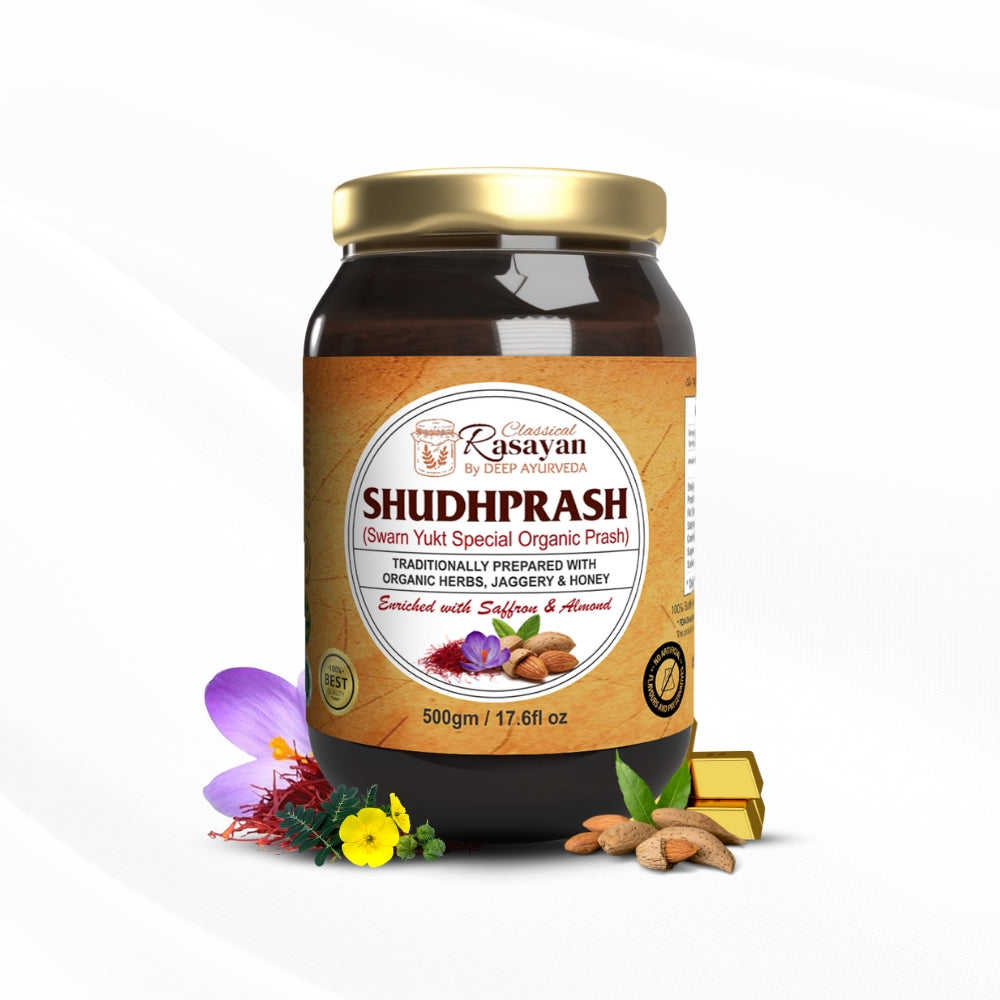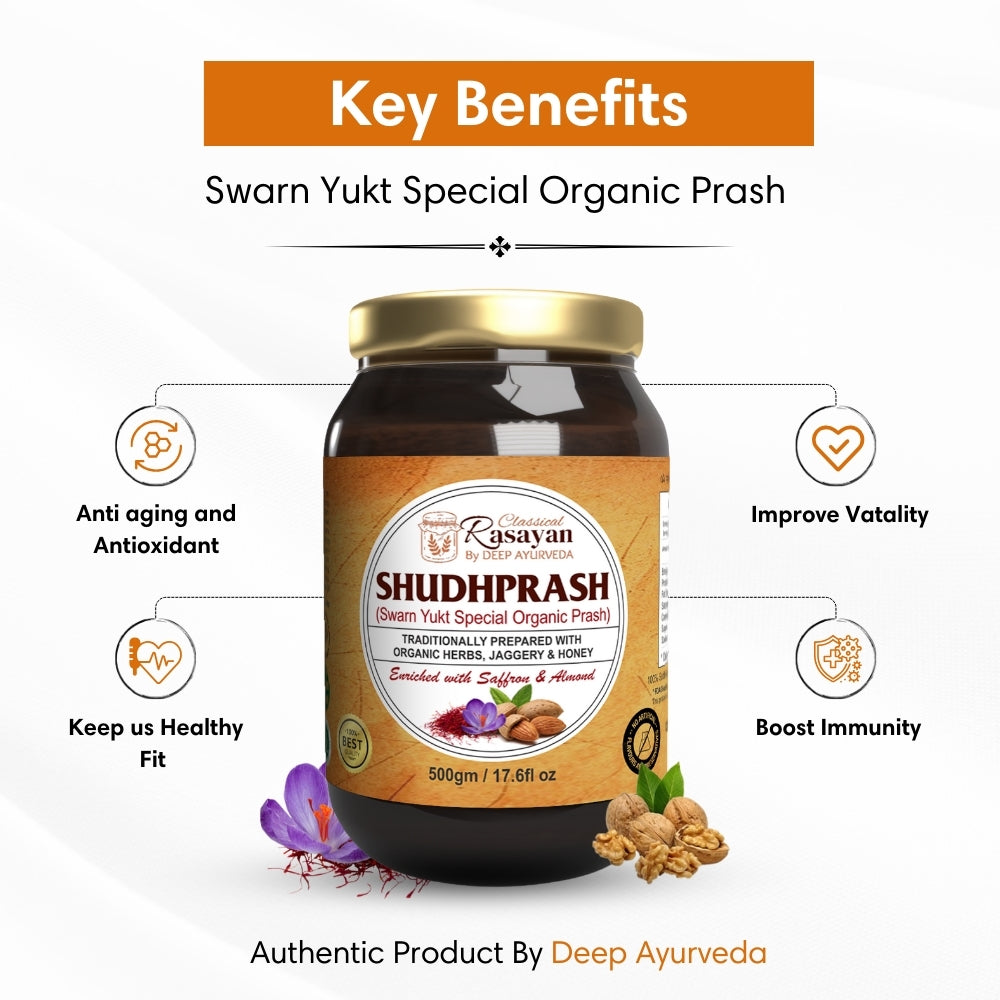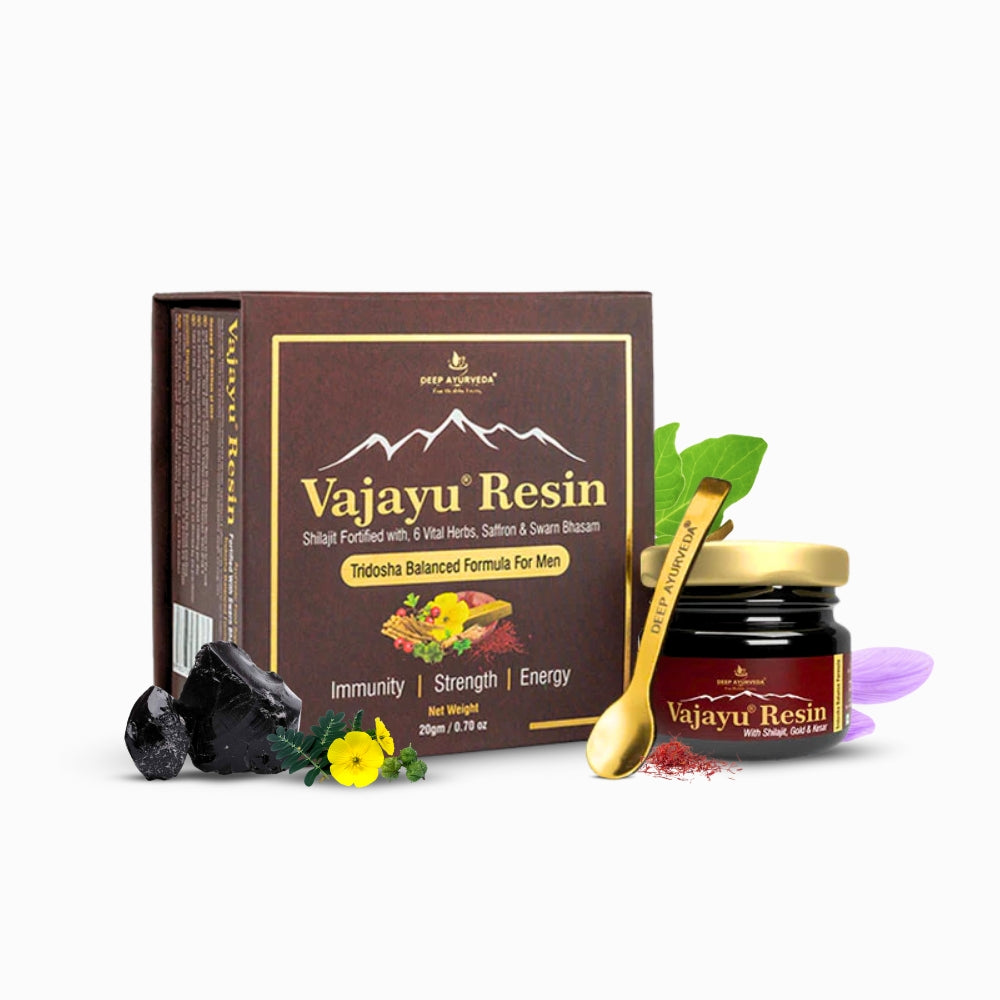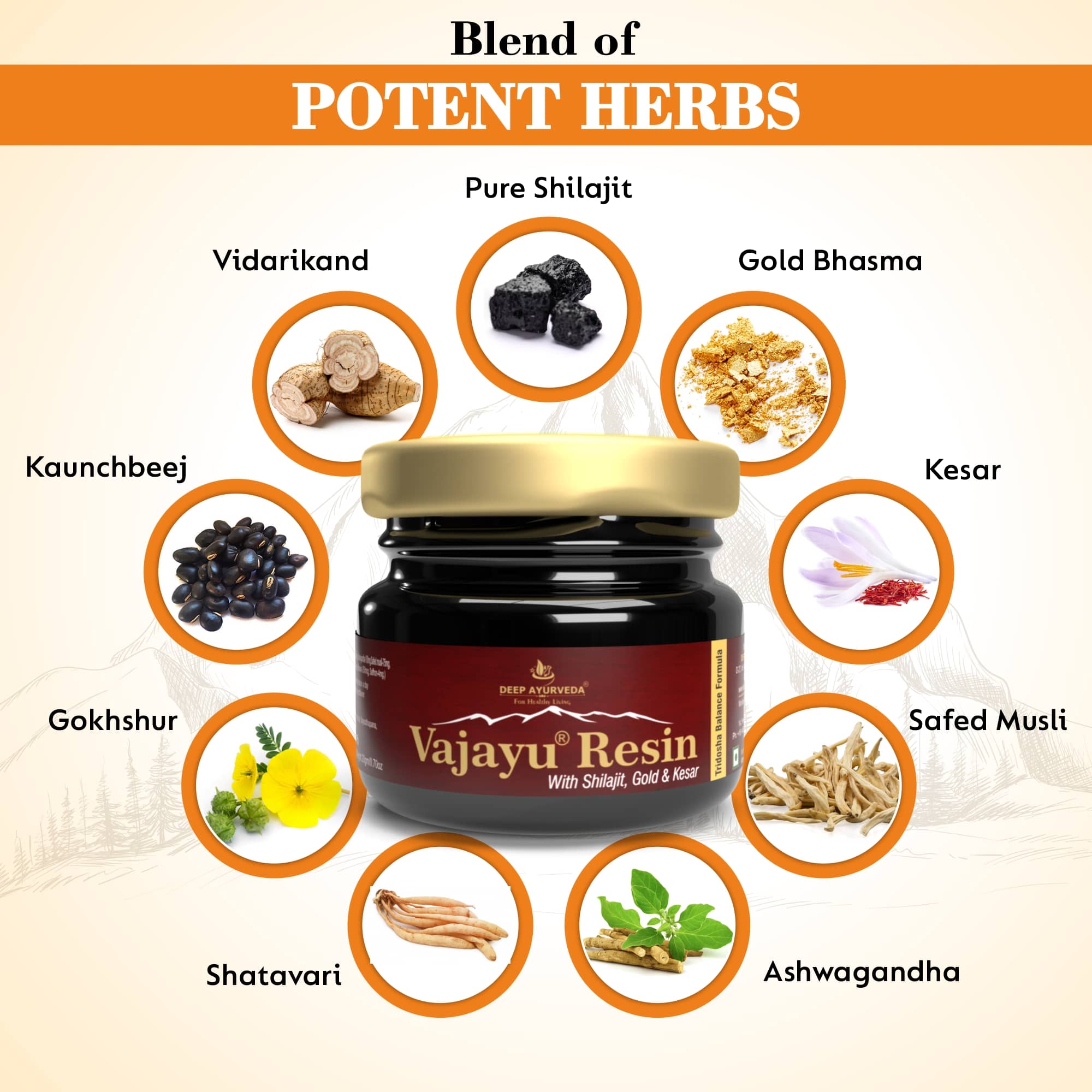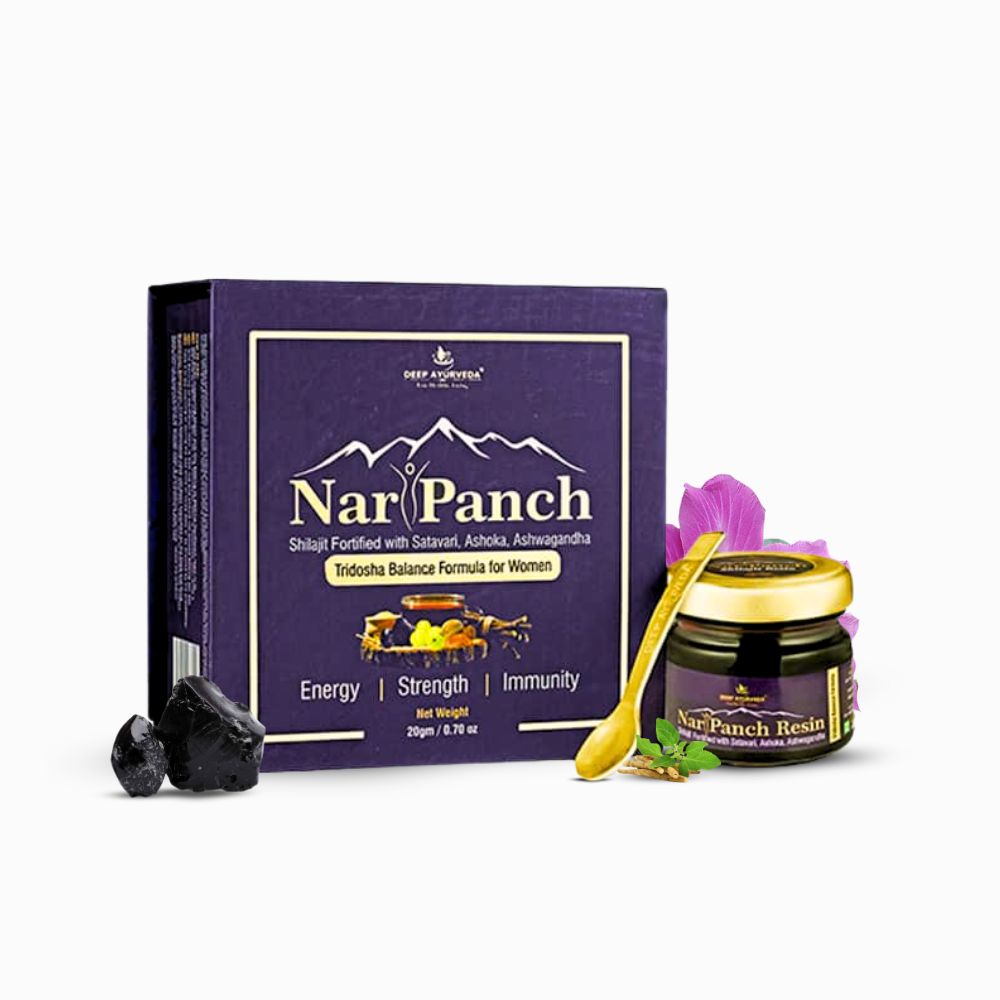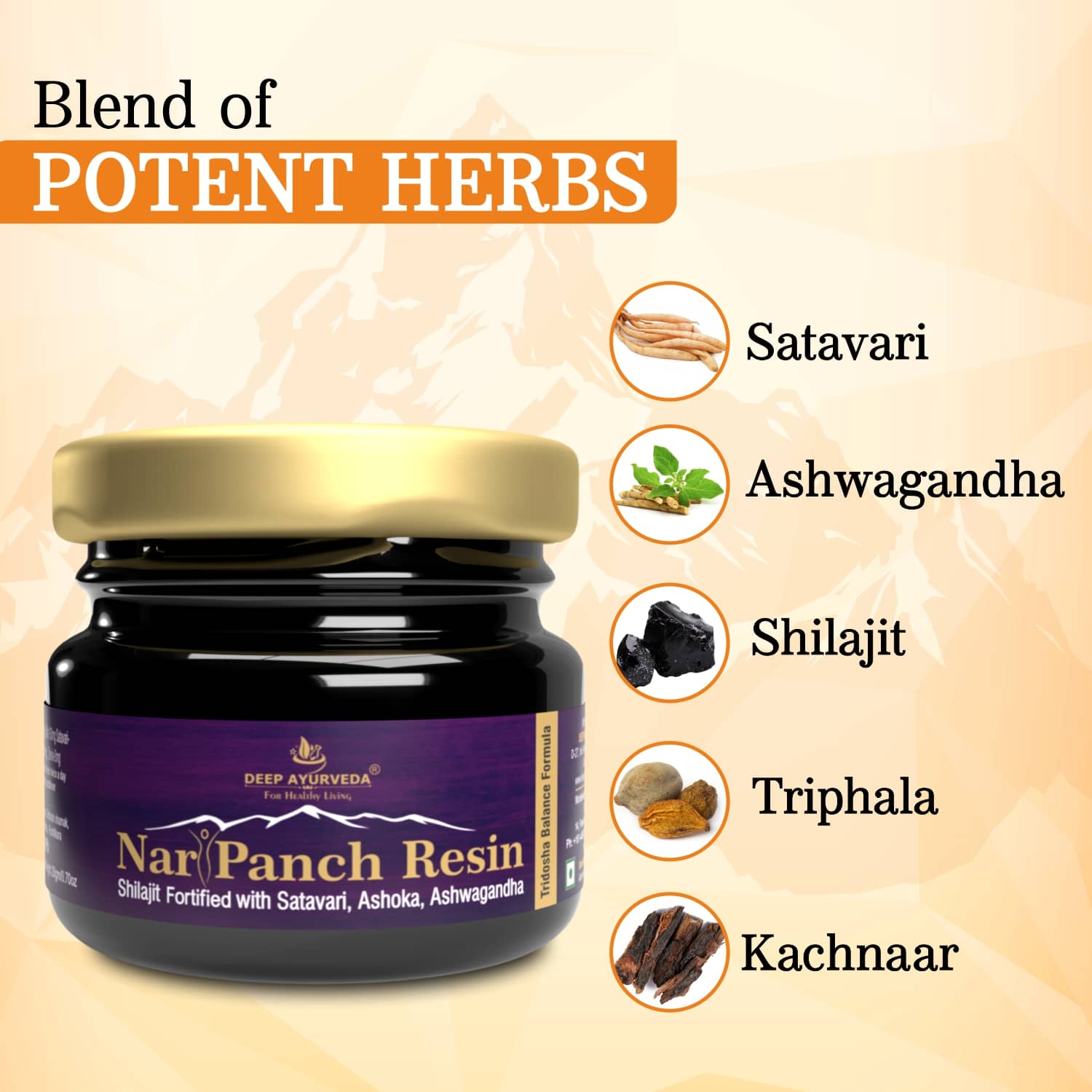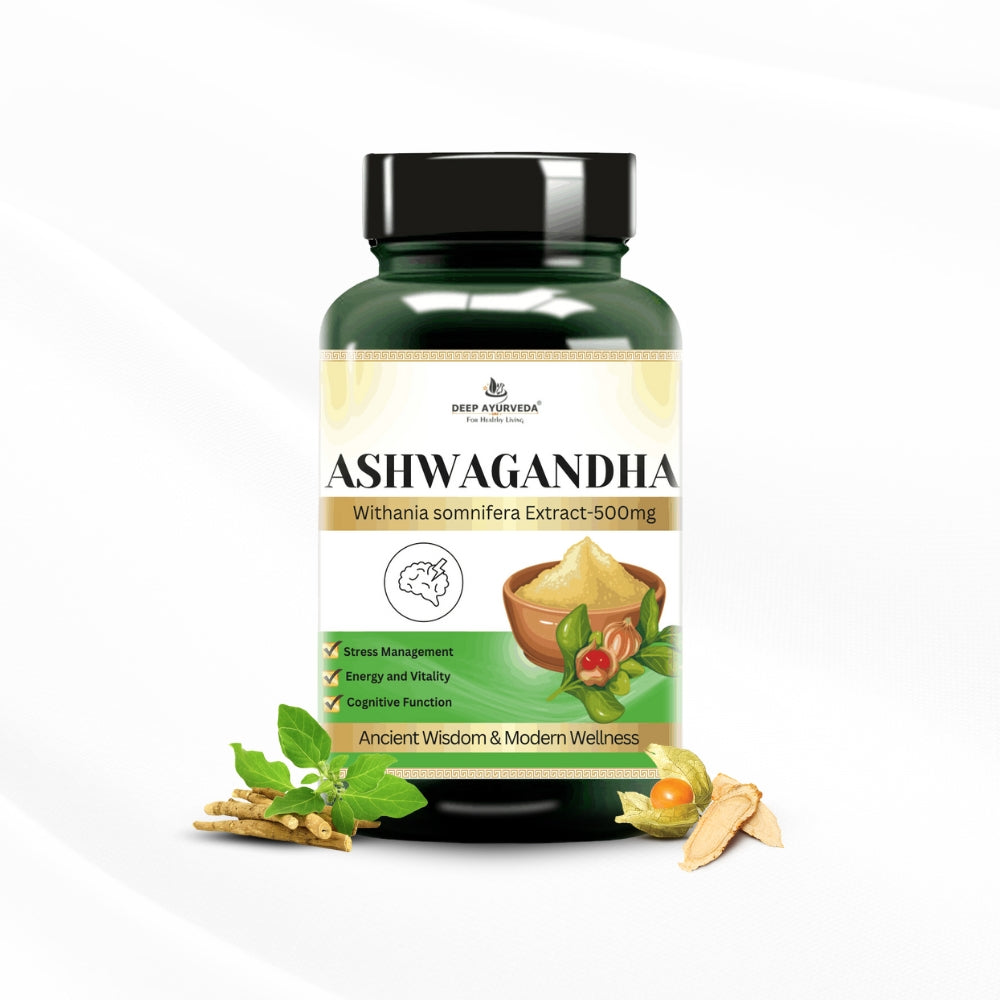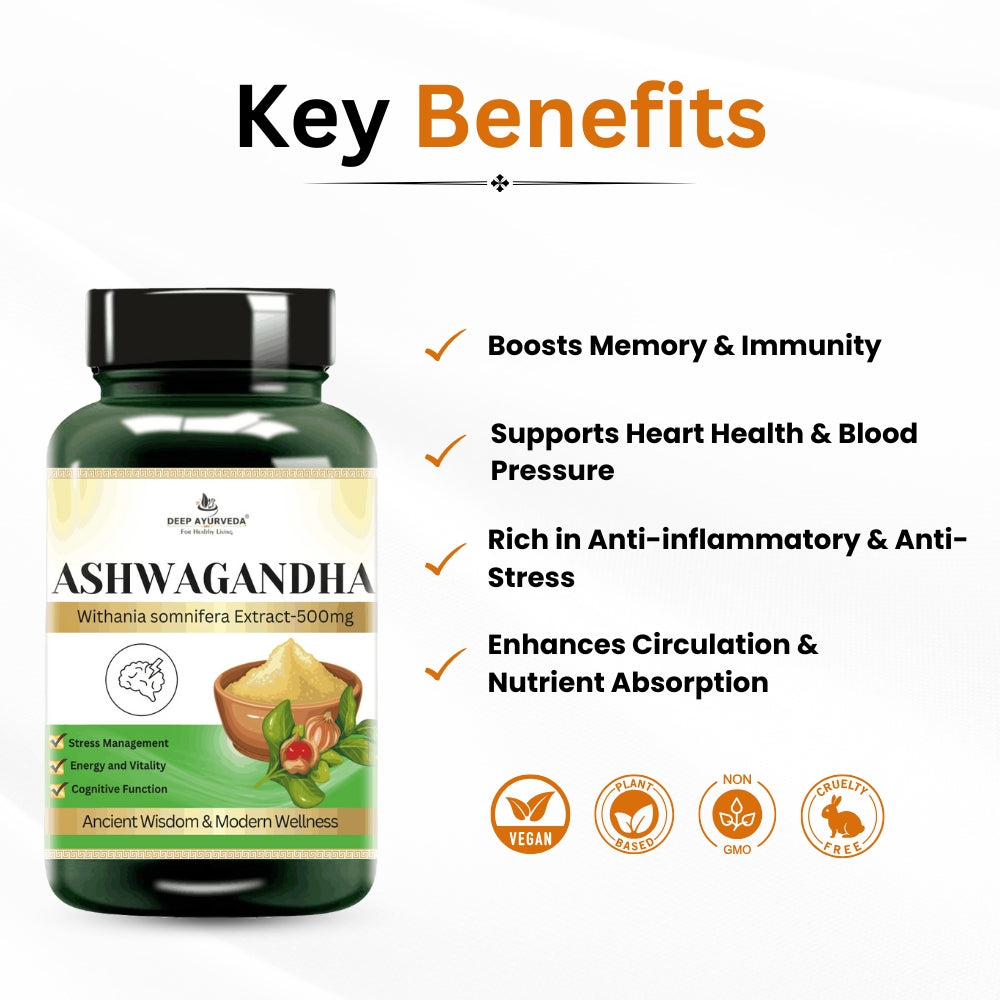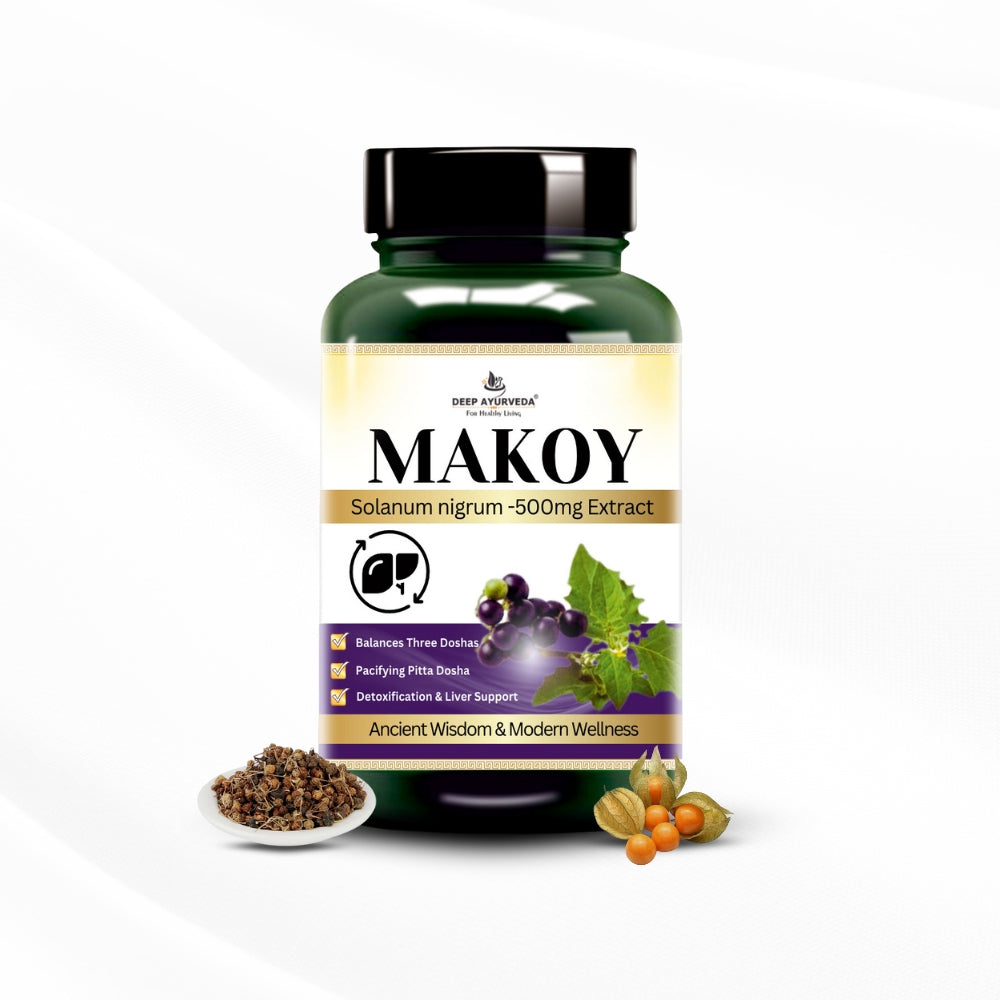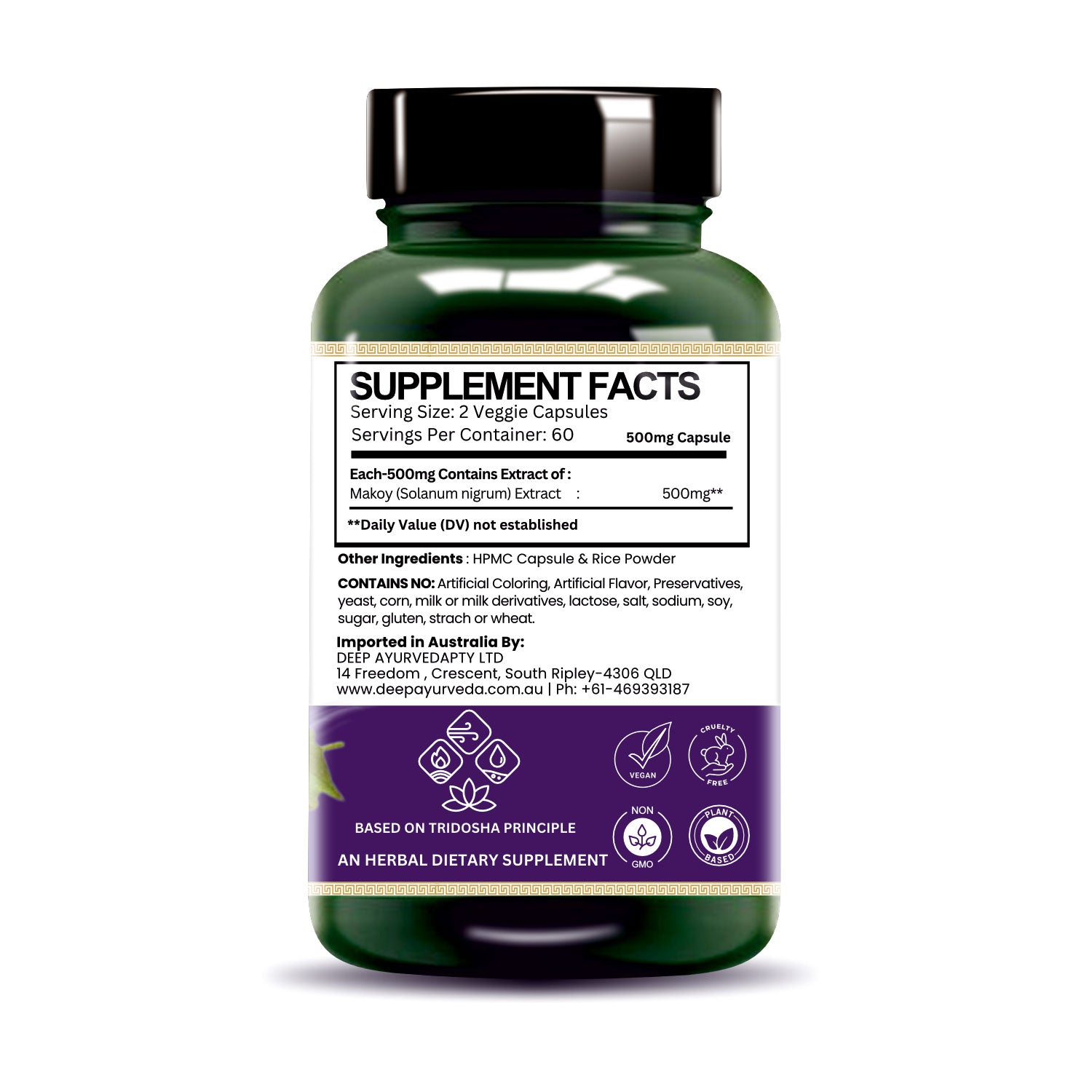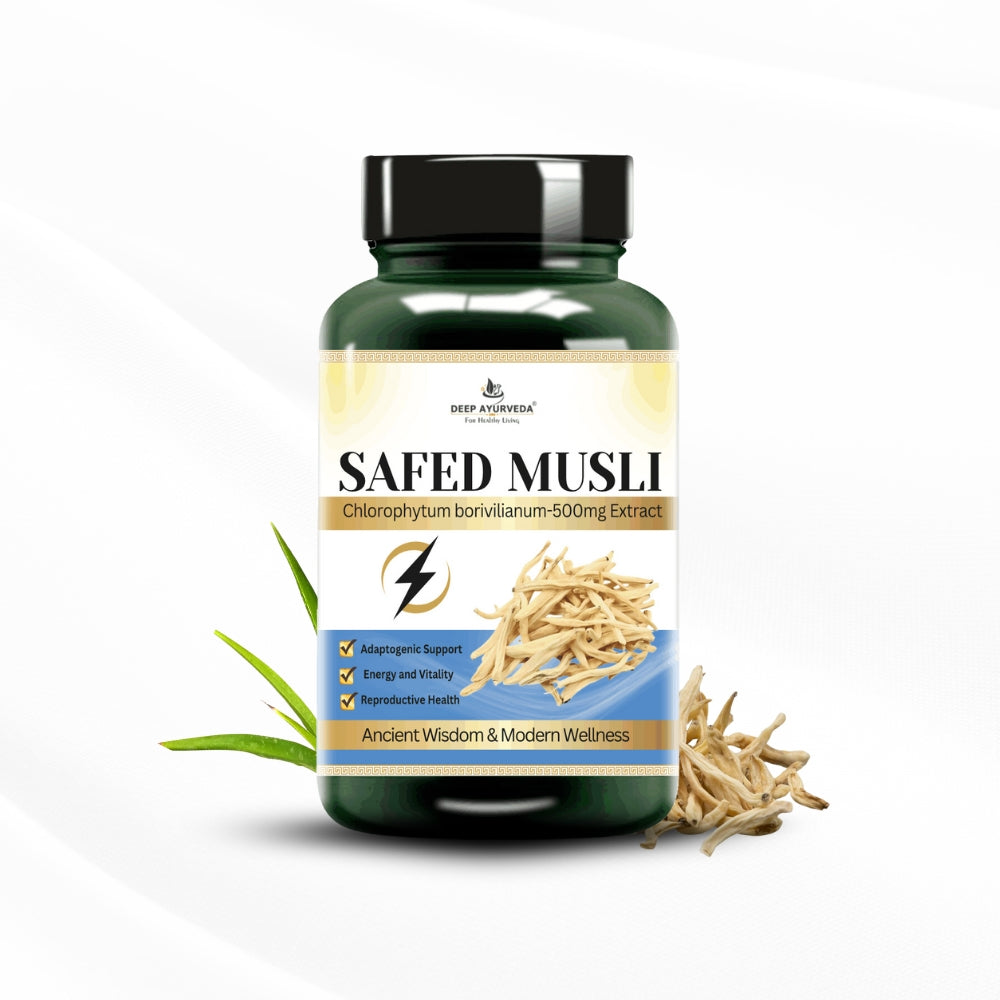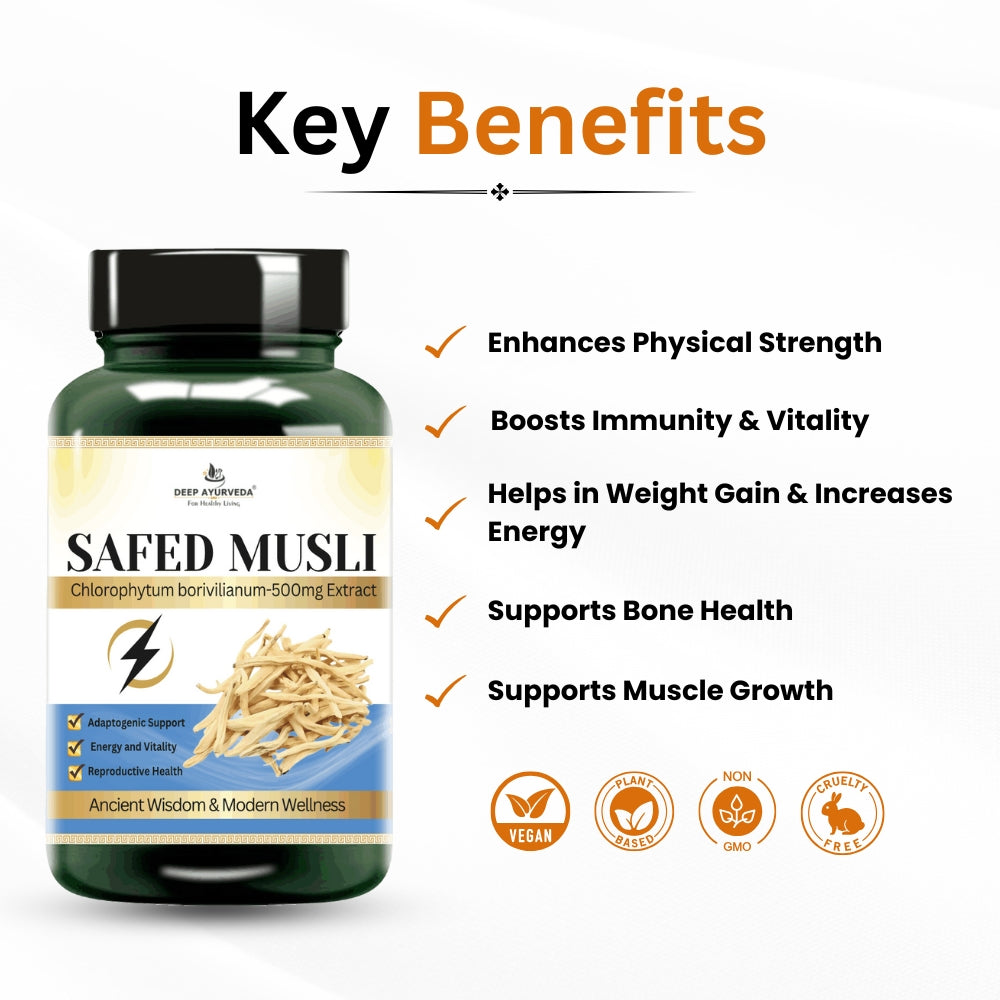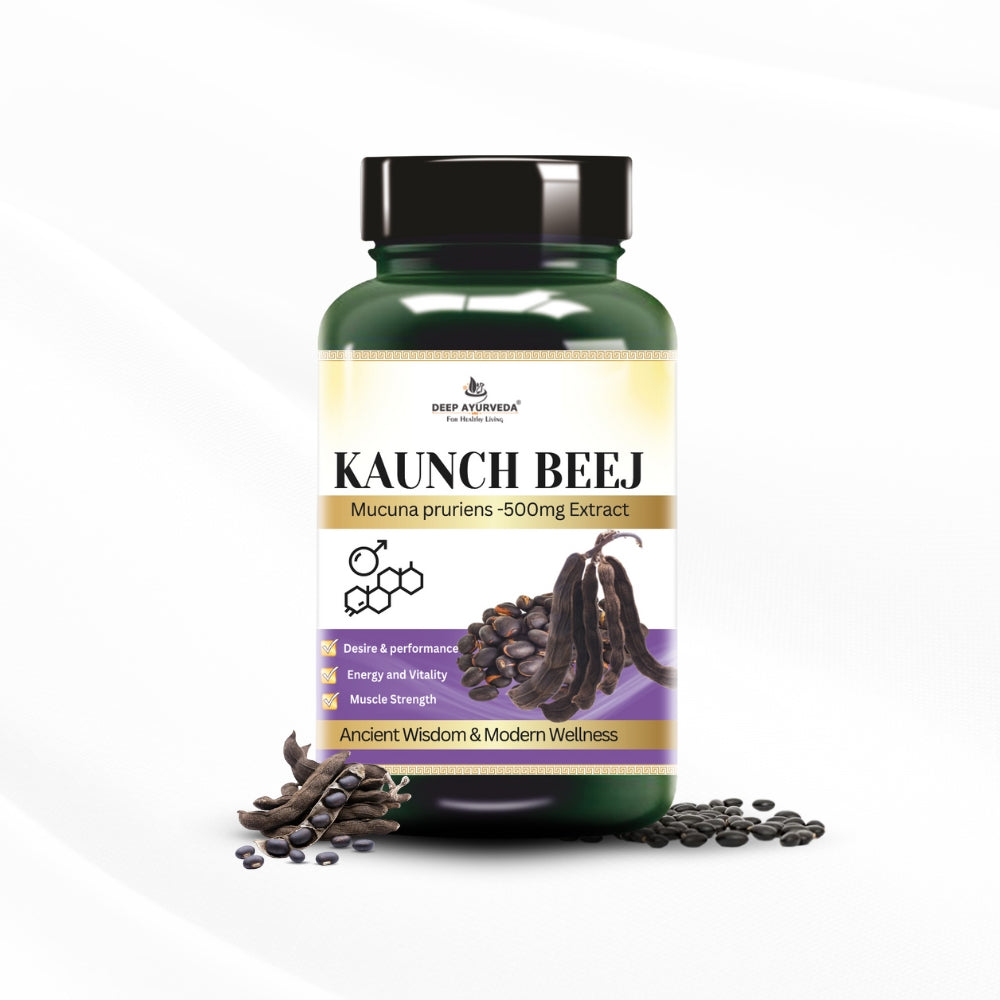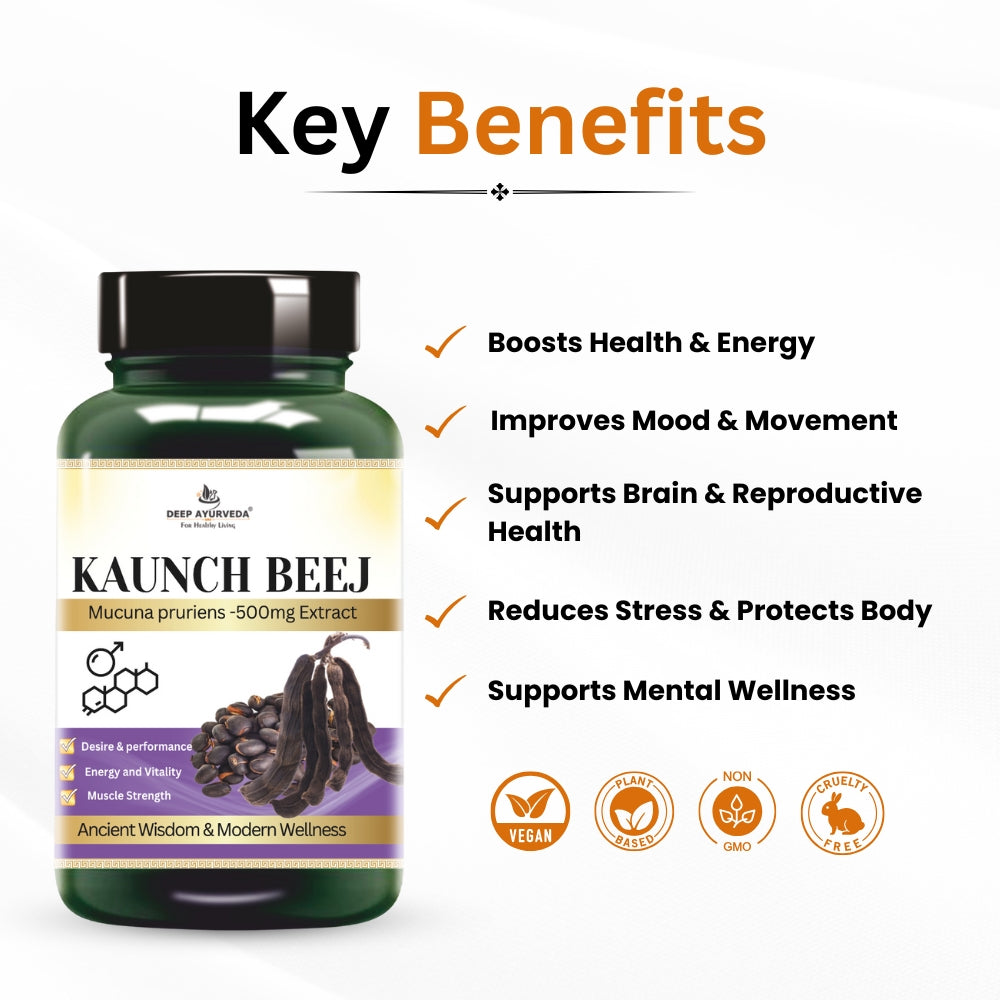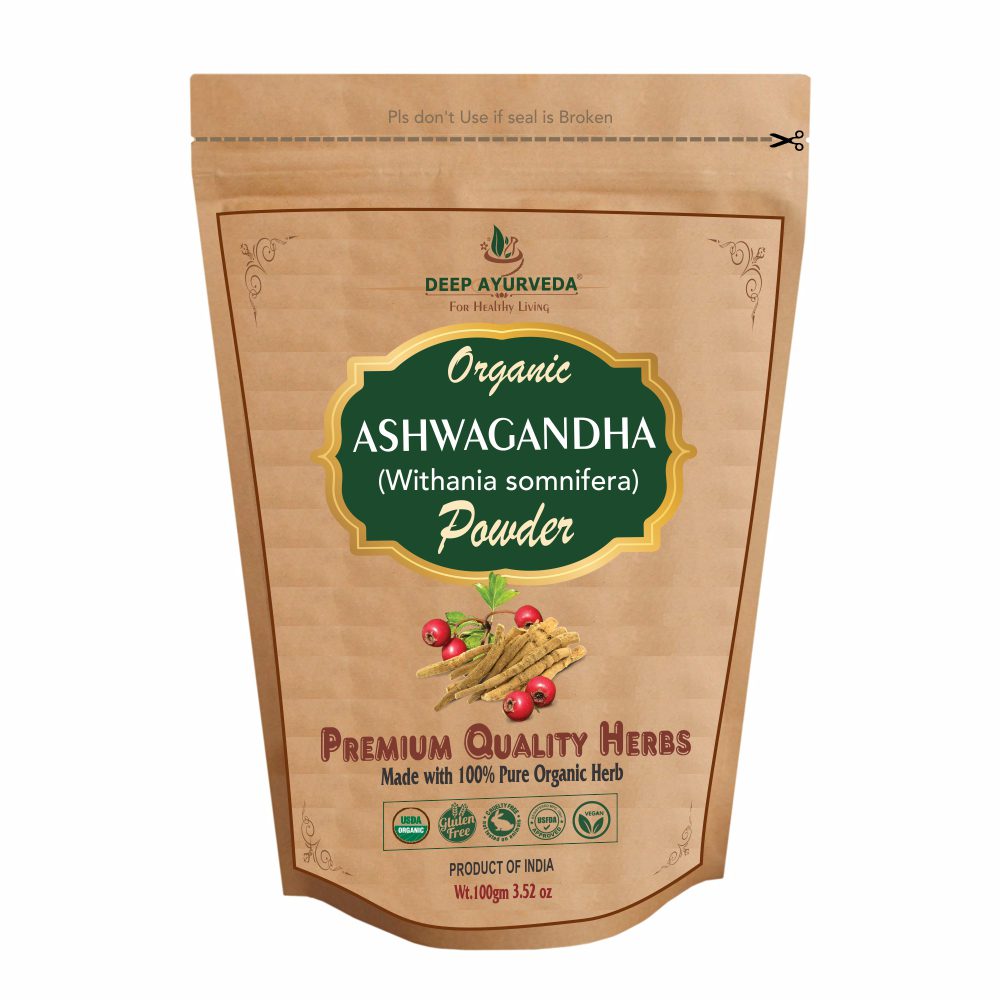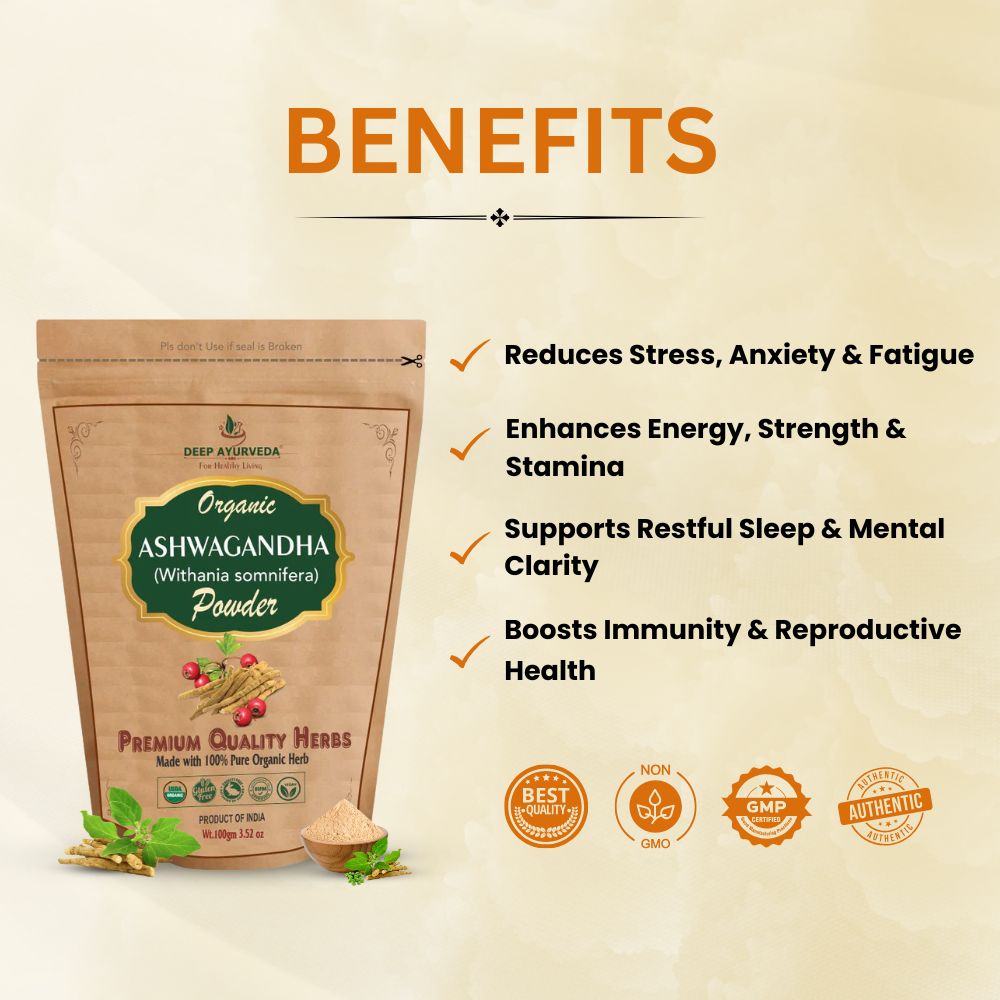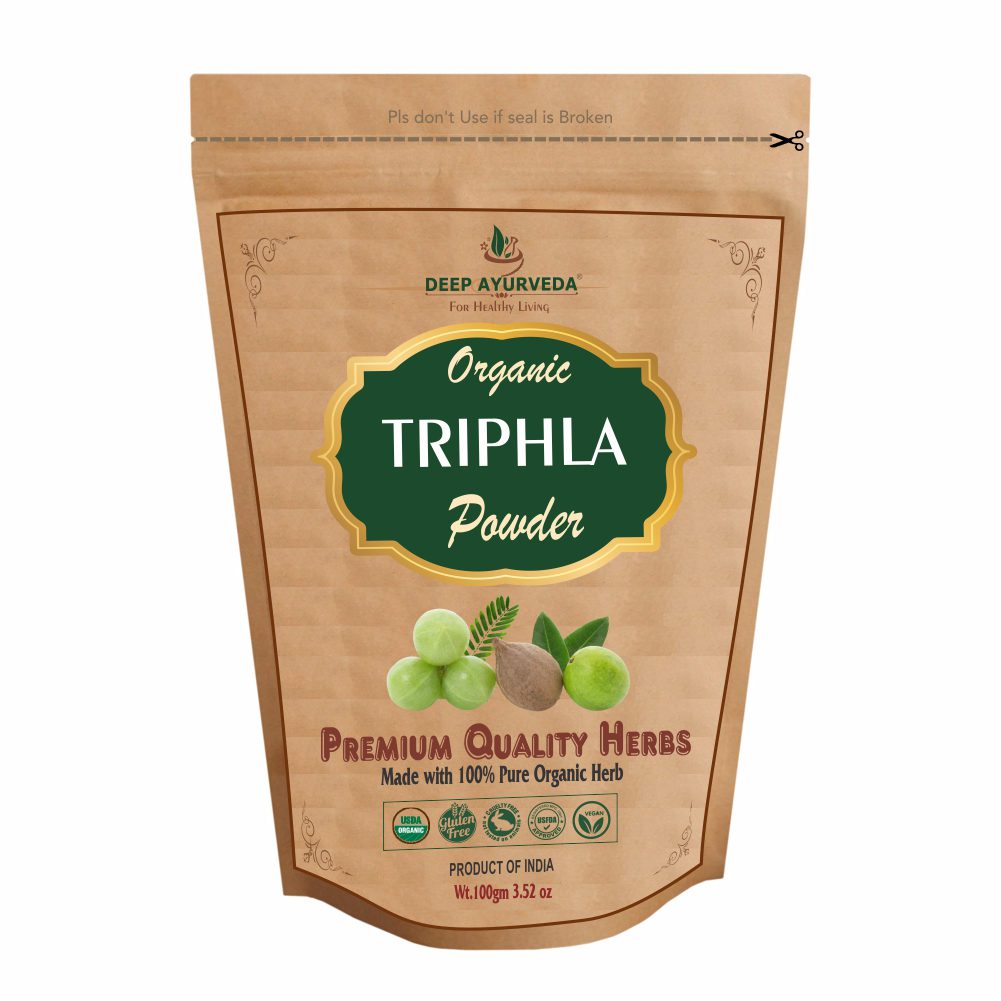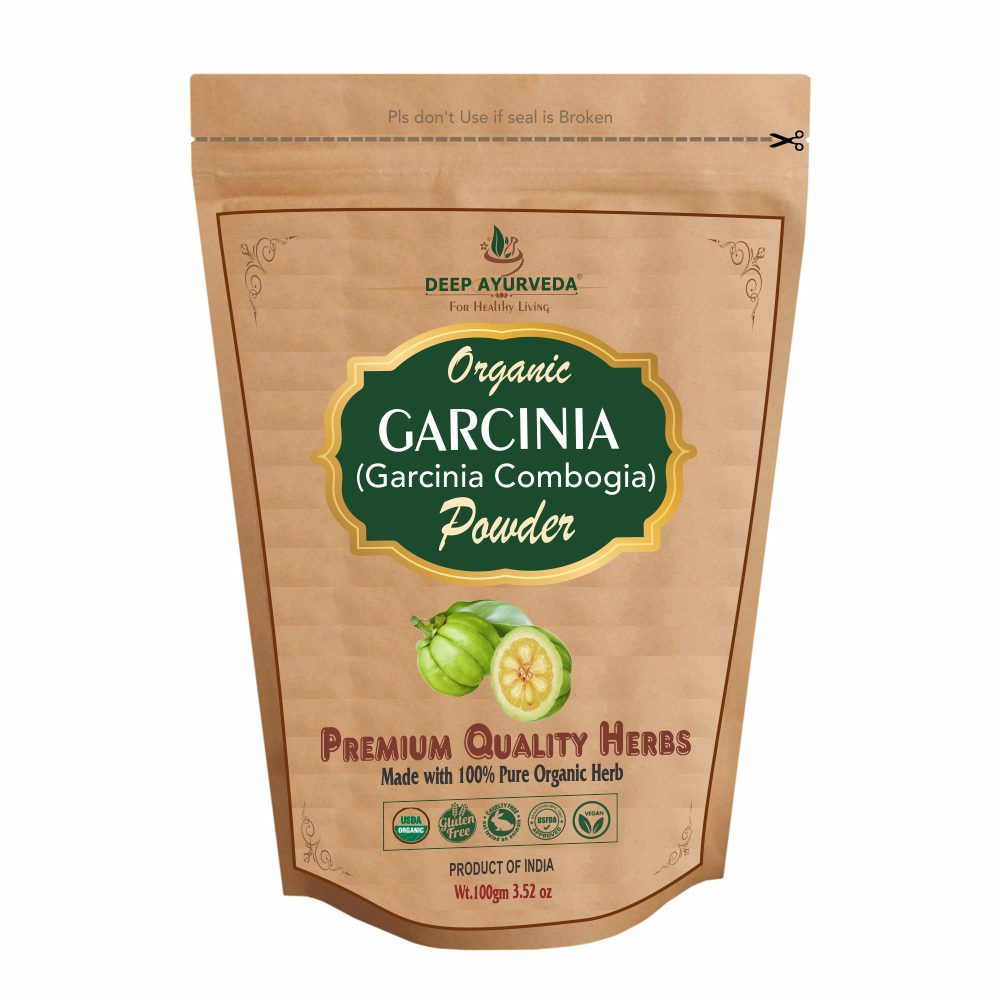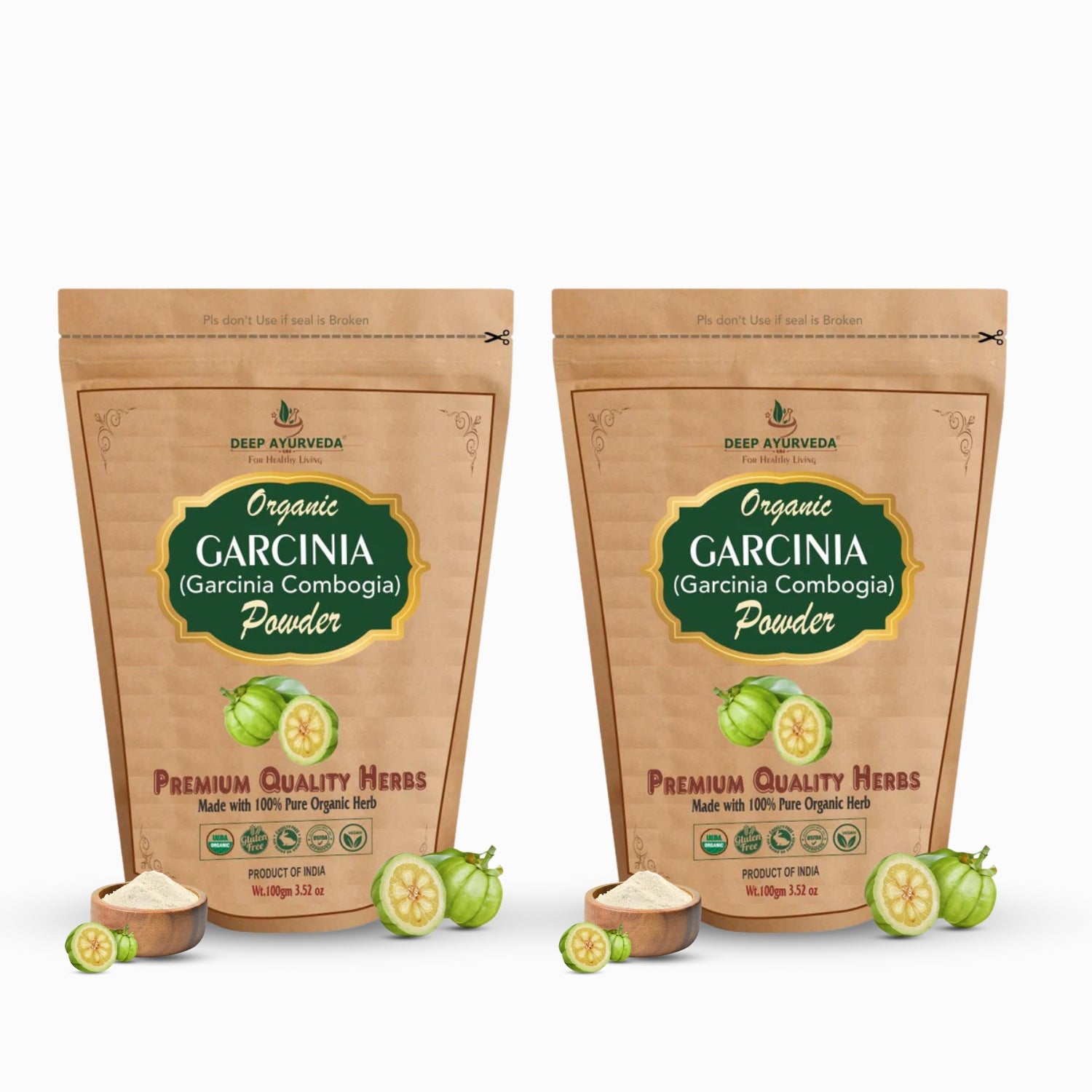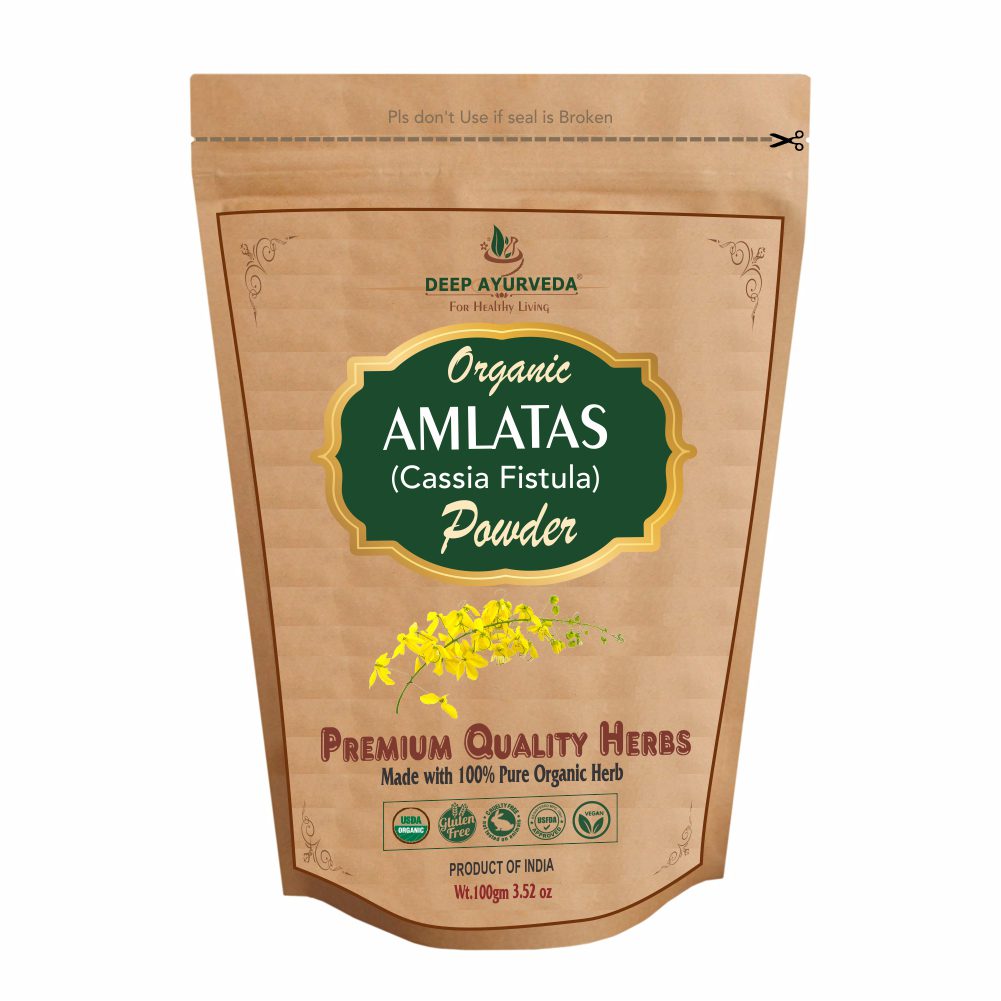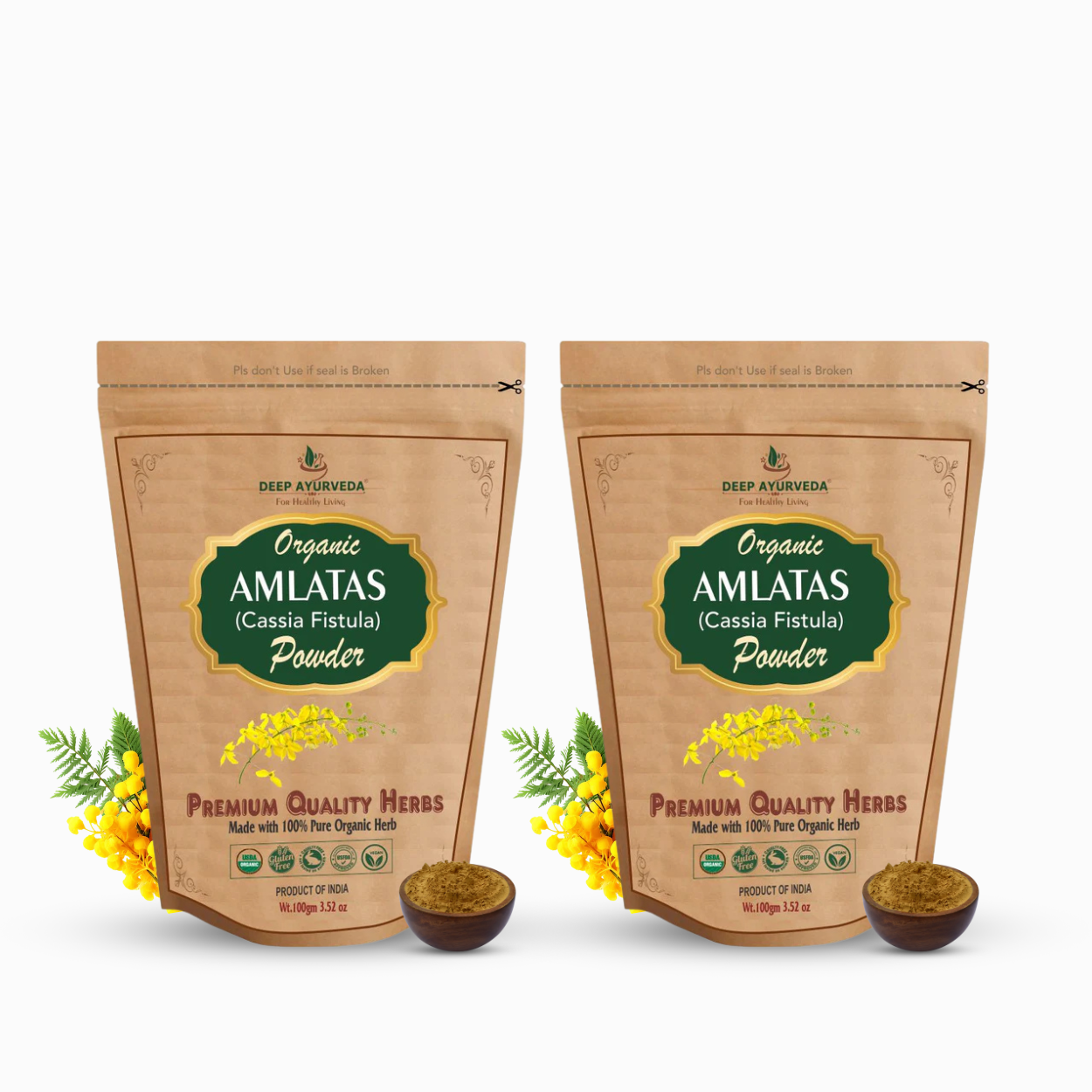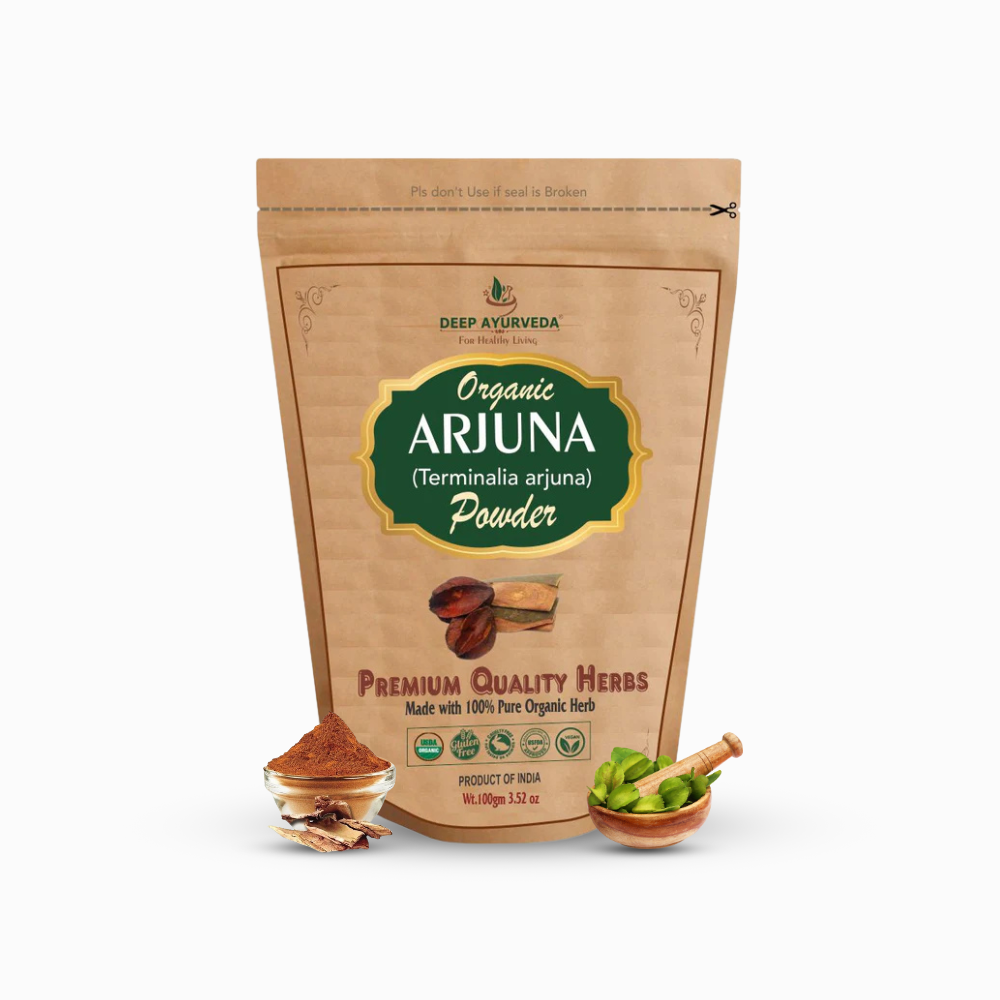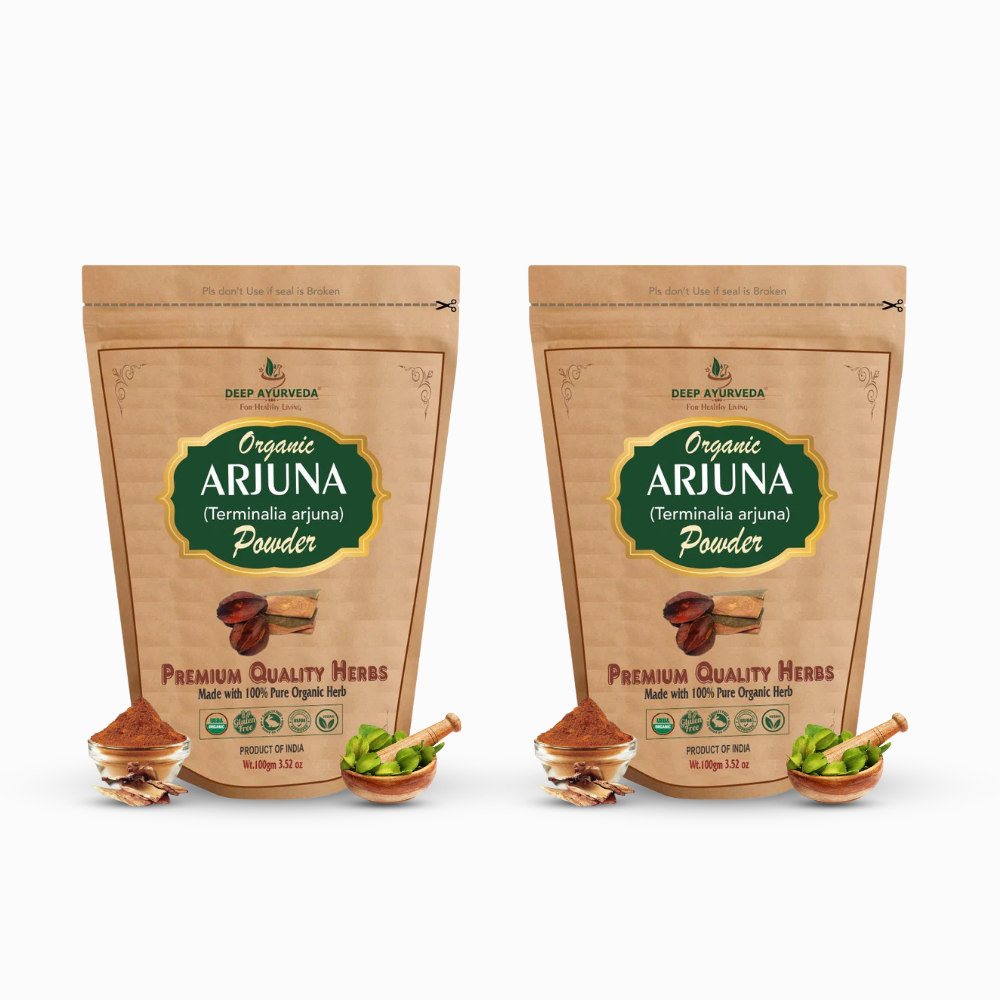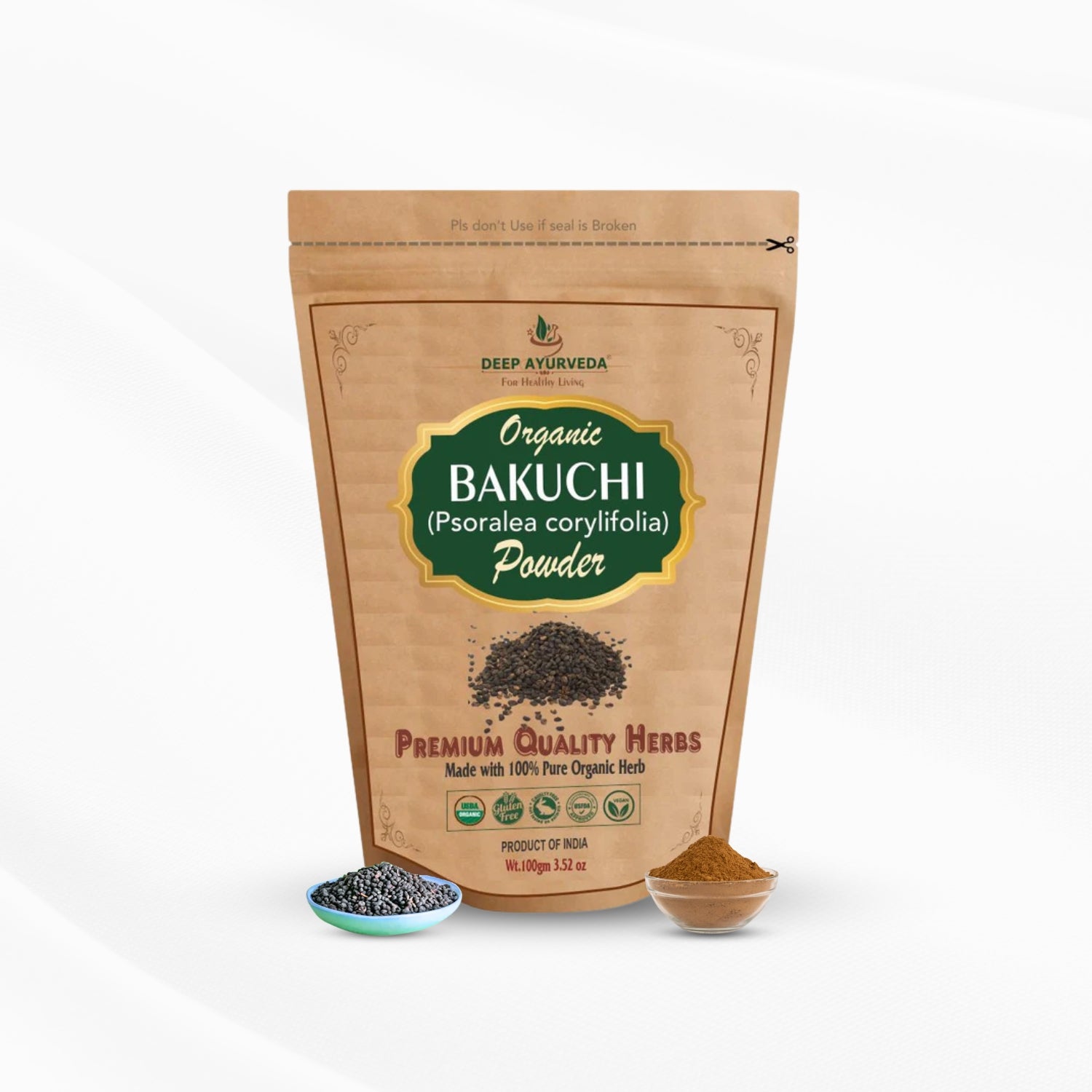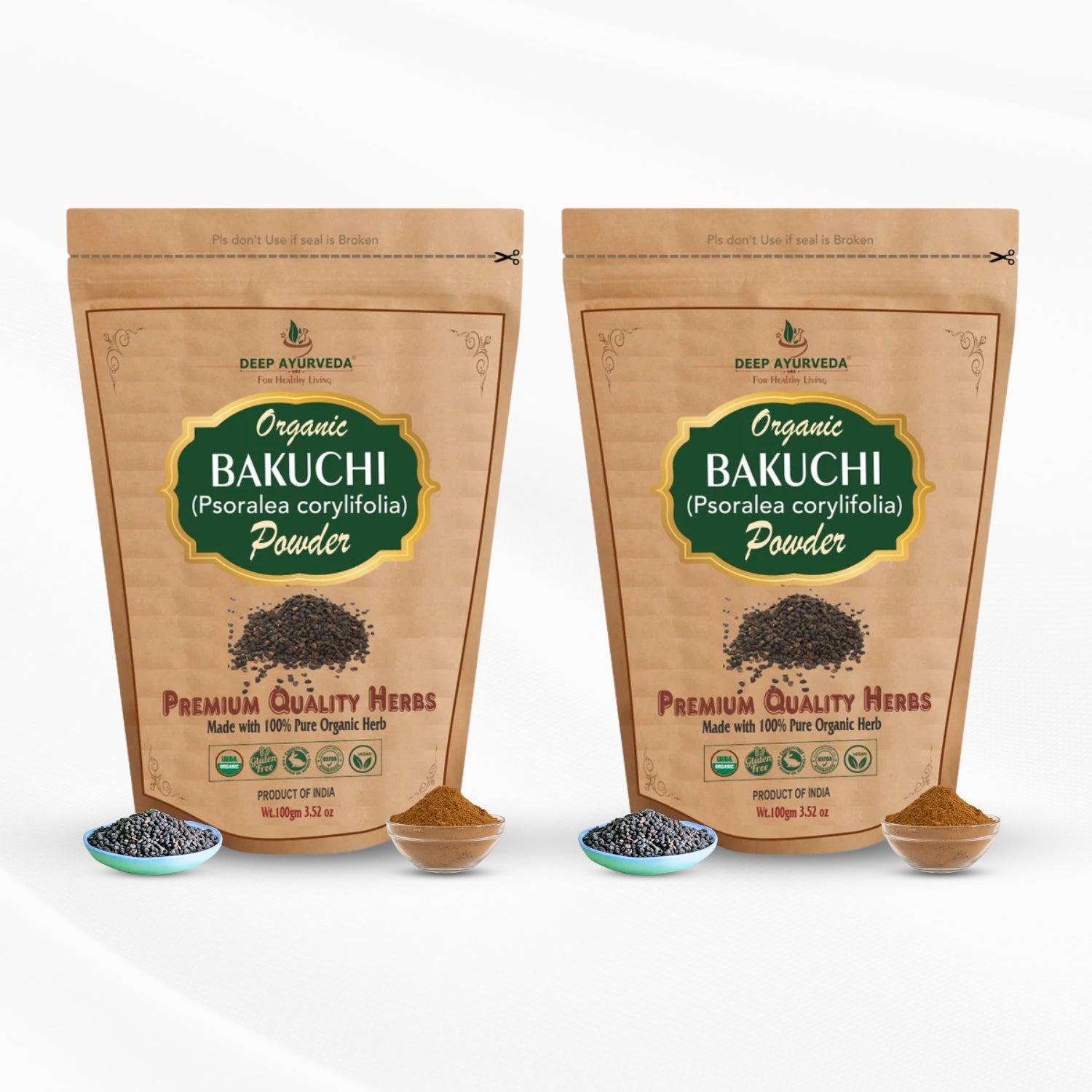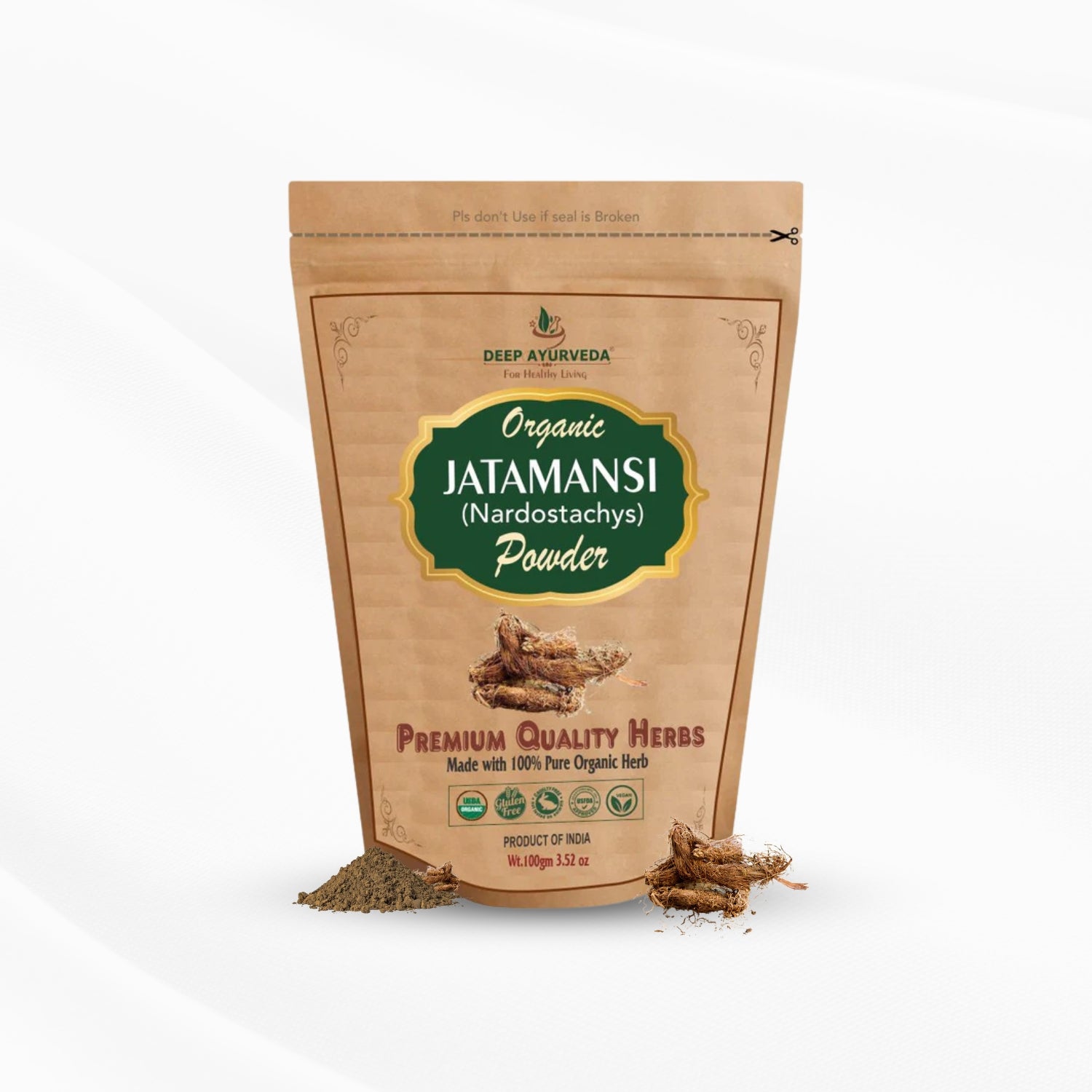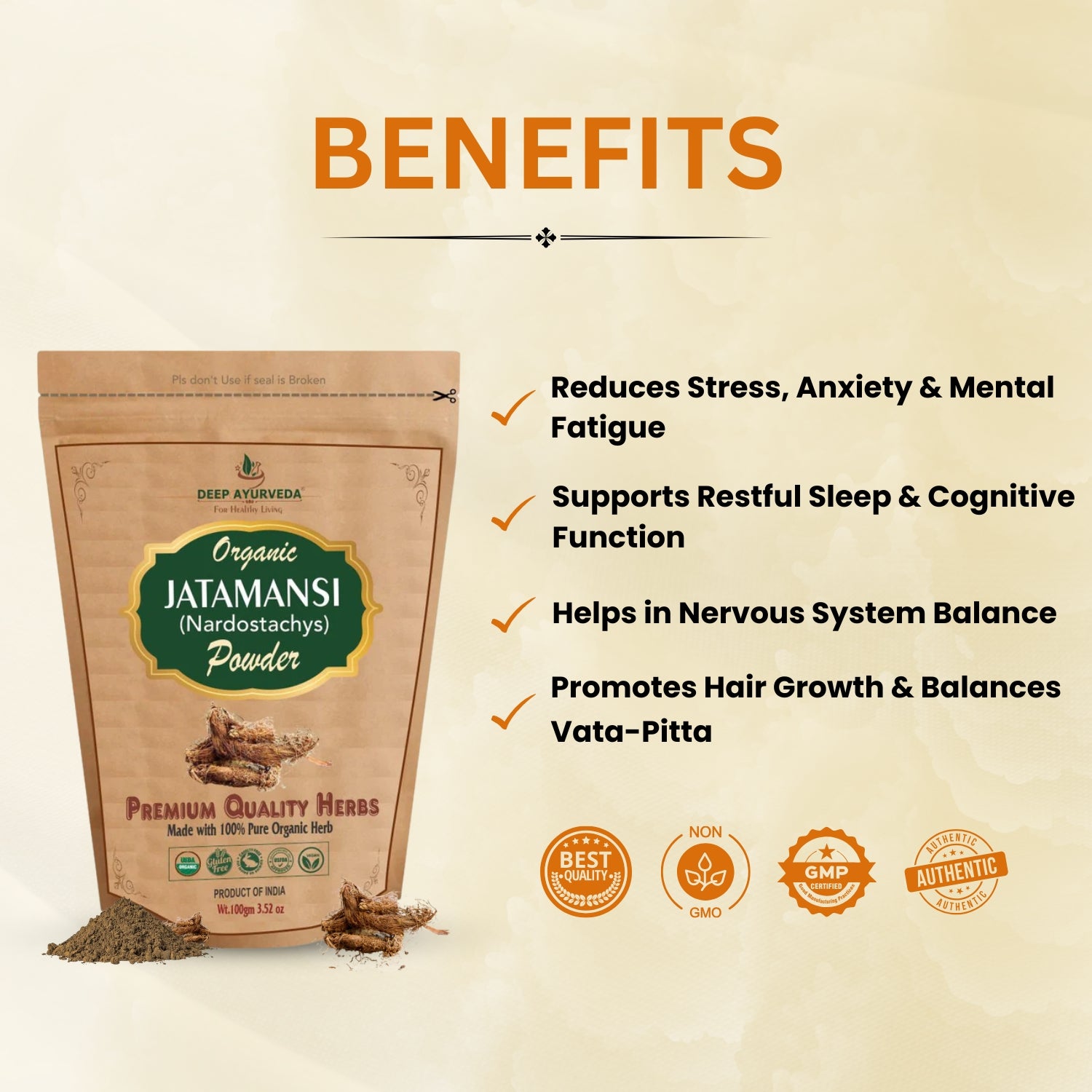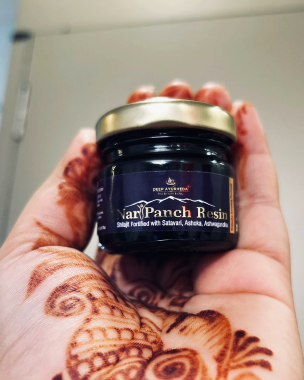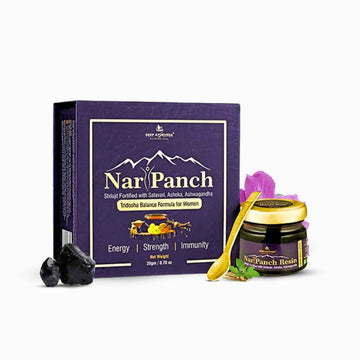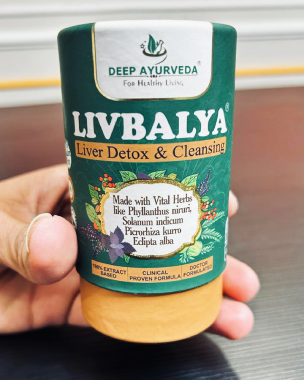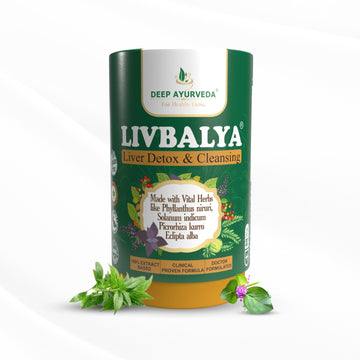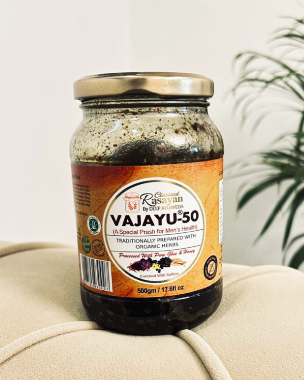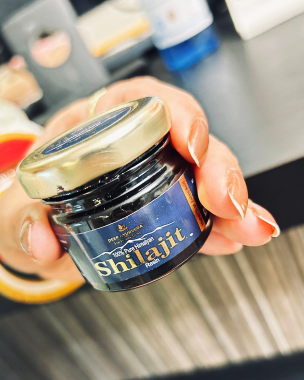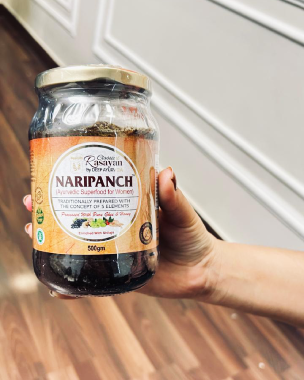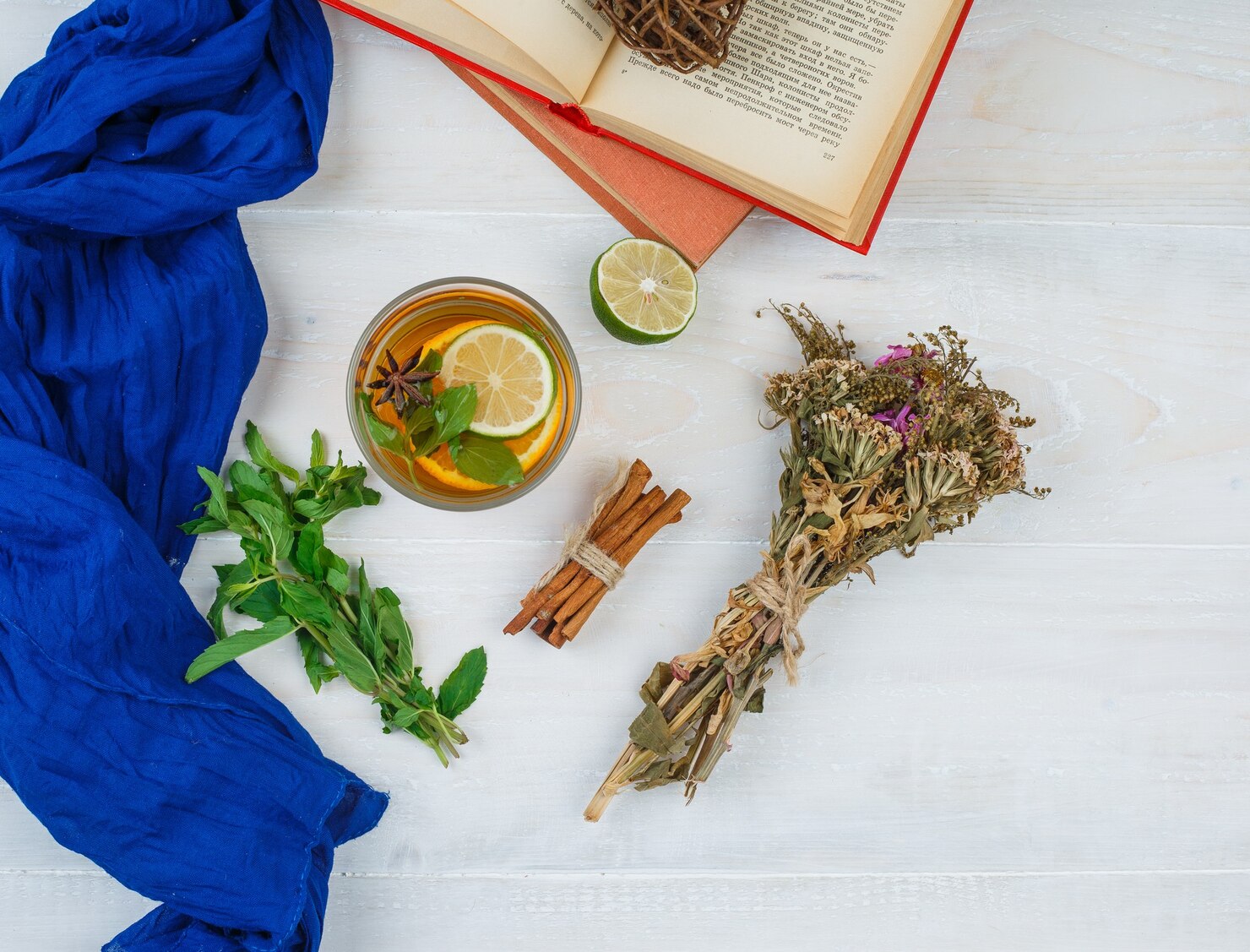Ayurvedic Prash for All Ages & Genders
Shilajit For Everyone Power & Wellness!
Vajayu Shilajit Gold Resin Plus With Gold & Kesar
Pure Himalayan Shilajit Resin – Traditional Ayurvedic Support for Energy & Vitality
NariPanch Shilajit Resin Ayurvedic Blend for Women’s Vitality & Wellness
Finest Quality Natural Product

Doctor Formulated
20+ Years of Expertise in Ayurveda

Clinically Trials
Formulated with Clinical Practice & Proven Results

Industry Trusted
Trusted Name in Ayurveda Industry & Manufcturing

100% Natural
No Chemicals & No Artificial Substances

Tridosha Balance
Made with Vata, Pitta & Kapha Principles
Vegan Capsules Powered by 100% Herbal Extracts Based
Organic Powders Pure, Potent & Natural


















Latest from Our Blog
Ayurveda Insights, Tips & Wellness Secrets for a Healthier Life
How an Ayurvedic Doctor Can Help Improve Your Health Naturally
Introduction Our modern lifestyle has given us comfort, but it has also brought many health problems. Stress, poor digestion, joint pain, and issues like PCOS are now very common. Irregular eating habits, busy routines, and pollution make these problems worse. Modern medicine gives quick relief, but it often doesn’t solve the real cause of illness. This is where Ayurveda, India’s ancient system of healing (more than 5000 years old), comes in. Ayurveda focuses on balance, prevention, and natural healing. It treats the root cause of disease instead of just hiding the symptoms. An Ayurvedic doctor plays a very important role in this process. They study your body type (Prakriti) and current imbalances (Vikriti) to guide you with diet, lifestyle, herbs, and detox therapies. And now, with online Ayurvedic doctor consultations, you can access authentic care easily—whether you are in Mohali, abroad, or anywhere in the world. How Ayurveda is Different from Modern Medicine Modern medicine usually focuses on treating symptoms. Ayurveda is different because it looks at your whole health and aims for long-term balance. Treats the Root Cause – Ayurveda checks which dosha (Vata, Pitta, Kapha) is disturbed and corrects it, preventing the illness from coming back. Natural & Safe Remedies – Herbal medicines, minerals, and natural formulations have no harmful side effects when used properly. Mind–Body–Spirit Balance – Ayurveda connects physical and mental health. It uses herbs, yoga, meditation, breathing practices, and lifestyle changes to restore harmony. Ayurveda is not just a treatment—it is a healthy way of living. Role of an Ayurvedic Doctor Everyone is unique, and Ayurveda respects this uniqueness. An Ayurvedic doctor gives personalized treatment, not one-size-fits-all solutions. Personalized Consultation – The doctor studies your health history, lifestyle, and habits. They may check your pulse, tongue, and ask detailed questions. Customized Treatment Plan – This can include: Herbal medicines like Ashwagandha, Triphala, or Shatavari. Specific diet plans to balance doshas. Detox therapies like Panchakarma (Basti, Virechana, Abhyanga). Lifestyle corrections, yoga, and meditation. This complete approach helps in long-term healing and prevents future diseases. Health Problems Ayurveda Can Help With Ayurveda works very well for today’s common health issues. At Deep Ayurveda Mohali, doctors provide care for: Digestive Health – Acidity, IBS, constipation, bloating. Herbs: Triphala, Jeera, Pippali. Joint & Muscle Health – Arthritis, back pain, sciatica. Herbs: Shallaki, Guggulu + therapies like Abhyanga. Women’s Health – PCOS, irregular periods, infertility, menopause. Herbs: Shatavari, Ashoka + detox. Mental Health – Stress, anxiety, depression, insomnia. Herbs: Brahmi, Ashwagandha + meditation and therapies. Skin & Hair Care – Acne, eczema, psoriasis, dandruff, hair fall. Herbs: Neem, Manjistha, Khadir. Men’s Vitality & Energy – Low stamina, weakness, reproductive health. Herbs: Ashwagandha, Safed Musli, Makardhwaj. Ayurveda for Prevention Ayurveda is not only for treating illness—it is also for staying healthy. Daily & Seasonal Routines – Simple habits like oil pulling, yoga, pranayama, and seasonal changes keep you fit. Immunity Boost & Detox – Herbs like Giloy, Amla, Tulsi improve immunity, while Panchakarma removes toxins. Healthy Lifestyle Guidance – Tips for better sleep, mindful eating, and stress control help you maintain balance every day. Benefits of Consulting an Ayurvedic Doctor Choosing Ayurveda means choosing natural and safe healing. Some key benefits are: Holistic care for body, mind, and spirit. Side-effect free treatments, safe for long-term use. Long-lasting results by correcting the root imbalance. Gentle and safe for children, adults, and elders. Easy access through online consultation, no matter where you live. Conclusion Ayurveda is not just medicine—it is a way of life that brings balance, energy, and well-being. An Ayurvedic doctor not only helps you recover but also prevents future diseases. If you are facing lifestyle problems, digestive issues, hormonal imbalance, or stress-related concerns, Ayurveda has safe and effective solutions for you. At Deep Ayurveda Mohali, our expert doctors have already helped thousands of patients worldwide with authentic Ayurvedic treatments, Panchakarma, and personalized care. Whether you visit our clinic or book an online consultation, we are here to guide you on your journey to natural healing. 👉 Choose Ayurveda. Choose health. Choose Deep Ayurveda.
Read moreMoringa Powder Benefits for Skin: A Natural Superfood for Healthy Glow
Moringa, often called the “drumstick tree” or “miracle tree”, has been celebrated in Ayurveda for centuries for its healing and rejuvenating properties. Today, it has gained global recognition as a superfood not only for overall health but also for radiant, youthful skin. Ayurvedic texts describe Moringa as Shigru, a herb with powerful detoxifying, nourishing, and anti-inflammatory qualities. Modern skincare enthusiasts now consider Moringa powder as one of the most effective natural remedies for achieving a healthy glow. In this blog, we’ll explore the Moringa Powder Benefits for Skin and why it deserves a place in your beauty and wellness routine. What is Moringa Powder? Moringa powder is derived from the dried leaves of the Moringa oleifera tree. These leaves are sun-dried and finely ground to create a nutrient-rich powder. Nutritional profile of Moringa powder: Rich in Vitamin A, C, and E – essential for skin repair and glow. Packed with antioxidants – protect skin cells from damage. Contains essential amino acids – vital for cell regeneration. Provides minerals like zinc and calcium – important for skin structure and hydration. Thanks to this rich nutrient profile, Moringa powder benefits extend beyond general wellness to making the skin healthy, youthful, and naturally radiant. Top Benefits of Moringa Powder for Skin Rich in Antioxidants – Fights Free Radicals Pollution, stress, and UV rays trigger free radical damage that leads to premature aging. The antioxidants in Moringa powder, especially Vitamin C and flavonoids, help neutralize these free radicals, preventing wrinkles, fine lines, and dullness. Anti-Inflammatory Properties – Reduces Acne & Blemishes One of the most valued Moringa Powder Benefits for Skin is its ability to soothe acne and blemishes. Its anti-inflammatory compounds reduce redness, swelling, and skin irritation, making it an excellent natural remedy for acne-prone skin. Deep Cleansing & Detoxifying Effect Moringa powder helps eliminate impurities, excess oil, and toxins that clog pores. Regular use as a face pack or cleanser results in clearer, fresher-looking skin. Boosts Collagen Production Collagen is the protein responsible for firm, youthful skin. With its high Vitamin C content, Moringa supports collagen synthesis, reducing sagging and fine lines while enhancing skin elasticity. Hydrates & Nourishes the Skin The essential nutrients, amino acids, and Vitamin E in Moringa deeply moisturize and nourish the skin from within, keeping it soft, supple, and glowing. Evens Skin Tone & Brightens Complexion Regular use of Moringa powder helps fight pigmentation, dark spots, and dullness. Its skin-brightening properties promote an even skin tone and natural radiance. How to Use Moringa Powder for Skin Face Packs & DIY Masks For acne-prone skin: Mix Moringa powder with rose water. For glowing skin: Combine with honey and yogurt. For pigmentation: Blend with turmeric and raw milk.As an Ingredient in Skincare Products Moringa is now widely used in creams, scrubs, soaps, and serums, thanks to its antioxidant and nourishing profile. Internal Consumption Adding Moringa powder to smoothies, teas, or capsules works from within, providing essential nutrients that reflect as a healthy skin glow. Precautions & Things to Keep in Mind Always do a patch test before applying Moringa on your face. Consume in moderation (½–1 tsp daily), as excess may cause digestive discomfort. Pregnant or lactating women, or those on specific medication, should consult a doctor before regular use. Why Choose Ayurvedic/Organic Moringa Powder For best results, choose pure, organic, and chemical-free Moringa powder. Ayurveda emphasizes the importance of natural, unadulterated herbs for maintaining Ojas (vitality) and skin radiance. Organic Moringa ensures you receive the maximum skin-healing nutrients without harmful additives. Conclusion From reducing acne and blemishes to brightening complexion and fighting signs of aging, the Moringa Powder Benefits for Skin are truly remarkable. Backed by Ayurvedic wisdom and modern science, Moringa stands tall as a natural superfood for glowing, youthful skin. Start adding Moringa powder to your skincare and wellness routine today — let nature give you the healthy, radiant skin you deserve!
Read more6 Common Myths About Ayurveda and the Truth Behind Them
Ayurveda is the ancient Indian system of treatment that is truly a treasure for our country, yet often undervalued by people. It is not just a medical system but a complete Shastra that teaches us how to live a healthy and balanced life. Unfortunately, due to several myths and misconceptions surrounding Ayurveda, many people are misguided and fail to understand its true essence and scientific approach. People often lack proper knowledge about Ayurveda and have developed many myths in their minds regarding it. In this blog, we will explore some of the most common myths about Ayurveda and uncover the true facts behind them. Myth no 1- Ayurveda Works Slowly Fact-The most common myth about Ayurveda is that it works slowly. In reality, Ayurveda does not work slow; instead, it works on the root cause of the disease. When treatment is done under a qualified Ayurvedic doctor by identifying the body type (Prakriti) and correcting the doshic imbalance, Ayurveda can give instant results. Many Panchakarma therapies such as Agnikarma, Viddhakarma, Marma therapy, and Raktamokshan provide immediate relief in pain. Ras Aushadhis (herbo-mineral medicines) are known to act quickly, even in chronic conditions. Basti Chikitsa offers fast pain relief while also addressing the root cause of nervous system disorders. Even common problems like acidity respond instantly to Ayurvedic medicines—for example, ENO, one of the most popular remedies for acidity in India, is based on Ayurvedic formulation, making it a perfect example of how Ayurveda can act fast. Myth no 2- Ayurveda means only Herbal Medicine Fact- This is one of the biggest myths about Ayurveda—that it only involves herbal medicines or jadibooti, as people commonly say. In reality, Ayurveda is a vast medical science that also includes specialized Ras Aushadhi (herbo-mineral medicines). These medicines are prepared from purified minerals and metals, processed through classical methods, and converted into Bhasma (nano-particle form). Because of their fine particle size, they have high potency, quick absorption, and faster results. Ras Aushadhi are widely used in Ayurveda to treat many chronic and complex diseases, where only herbal medicines may not be sufficient. Myth no 3- Ayurvedic Medicine Means Only Bitter Churnas Fact- This is another very common myth people still believe—that Ayurveda means only taking churnas (powders). In reality, Ayurveda has a wide range of medicines available in different forms such as tablets, syrups, capsules, oils, avaleha (like chyawanprash), and much more. With the help of modern technology, Ayurveda has evolved further, and today we even have Ayurvedic creams, cosmetics, shampoos, and health supplements. It is also a misconception that all churnas are bitter. In fact, Ayurveda classifies herbs according to different rasas (tastes)—some are sweet, some sour, some pungent, and not all are bitter. Thus, Ayurveda is not limited to churnas alone but offers a complete system of medicine in multiple convenient and effective forms Myth no 4- Ayurveda is a Pseudo Science and not Scientific Fact- Ayurveda is one of the oldest and most systematic medical sciences in the world, with a history of more than 5,000 years. It is based on well-documented principles like Tridosha theory (Vata, Pitta, Kapha), Agni (digestive fire), Dhatus (body tissues), and Srotas (channels). Ancient Ayurvedic texts such as Charaka Samhita and Sushruta Samhita describe detailed concepts of anatomy, physiology, pathology, diagnosis, and treatment. Modern research has validated Ayurvedic herbs and formulations for their pharmacological and therapeutic effects. Moreover, Ayurvedic Rasayana (rejuvenation therapy) and Panchakarma detox therapies are increasingly being studied and practiced worldwide. Ayurveda is not unscientific—it is a time-tested, evidence-based holistic science, now being re-validated through modern clinical research. For example, the most common Ayurvedic herb Haridra (Haldi/Turmeric) is described in classics as Kushtaghna (useful in skin diseases), Kandughna (relieves itching), Raktashodhak (blood purifier), Vranaropana (wound healer), and Yakrituttejak (liver stimulant). Modern research has also validated this, as turmeric is found to contain Curcumin, a powerful compound with antioxidant, anti-inflammatory, and healing properties. Chyawanprash, which is used by millions today for boosting health and immunity, is a classical Ayurvedic formulation made from a combination of multiple herbs processed through a scientific and standardized procedure. Its effectiveness is well-recognized across generations. If such time-tested and well-documented formulations exist, then Ayurveda can never be called a pseudo science. Myth no 5: Ayurvedic Medicines Have No Side Effects and herbs can be taken without guidance of Ayurvedic Doctor Fact- Ayurveda works on the fundamental concept of Tridosha – Vata, Pitta, and Kapha, and every herb acts differently depending on an individual’s body type and doshic imbalance. That is why even simple herbal medicines should always be taken under the guidance of a qualified Ayurvedic doctor. Many people consume commonly known herbs like Triphala or Ashwagandha on their own, assuming they are suitable for everyone. However, in some cases, these may cause issues like constipation, acidity, or discomfort if not prescribed according to one’s prakruti and current health condition. This often leads to the misconception that Ayurveda works slowly or causes side effects, whereas the real issue lies in self-medication without proper consultation. For example Some people experience body heat or acidity after taking Ashwagandha because in Pittaj prakruti individuals, long-term or high doses can aggravate Pitta. Hence, even Ayurvedic medicines should always be taken under proper doctor’s guidance. Myth no 6- All Ayurvedic Medicine Are “Heating” In Nature Fact-Another common myth is that all Ayurvedic medicines are “heaty” in nature. The fact is that Ayurveda is a highly scientific system where every herb and formulation is prescribed according to the individual’s body type (Prakriti) and the imbalance of doshas. Some medicines are indeed ushna (hot in potency), but many are sheeta (cooling) or madhya (neutral). For example, herbs like Amla, Giloy, and Shatavari are cooling in nature and are widely used to balance excess heat in the body. Therefore, it is wrong to generalize that all Ayurvedic medicines cause heat—when prescribed properly by an Ayurvedic physician, medicines balance the body rather than create imbalance. An Ayurvedic doctor always prescribes medicines according to your Prakruti and balances them with suitable herbs, so you will never be given only heating medicines. Conclusion Ayurveda arise from lack of awareness and half-knowledge. Ayurveda is not just about bitter churnas or jadibootis—it is a scientific, holistic, and time-tested medical system that includes herbal medicines, Ras Aushadhi, formulations like Chyawanprash, modern dosage forms, Yoga, Panchakarma therapies, and even surgical practices described by Acharyas like Sushruta. Ancient wisdom combined with modern research continues to prove the effectiveness and scientific basis of Ayurveda. Instead of labeling it as slow or pseudo-science, it is time we recognize Ayurveda as a treasure of health and healing that India has gifted to the world.
Read more





